Signal Analyzer’s Starting only from $499.0

Lowest Prices Guaranteed!
Get your Signal Analyzer from Wyoming Electronics Inc Today!
Explore our exceptional selection of signal analyzers on our test equipment website, designed to meet the demands of professionals in signal analysis, modulation, and communication systems. Our range includes advanced signal analyzers that offer unparalleled accuracy, dynamic range, and frequency coverage, making them ideal for a variety of applications in wireless communication, aerospace, and defense.
Choose from multiple
- Wide Frequency Range
- Brands like Anritsu, HP, Agilent, Keysight, Rohde & Schwarz, Ando, Advantest, Burleigh, and many more!
- Types: Handheld, Portable and Benchtops
Service & Repairs ⋅ Customizable ⋅ OEM Calibration ⋅ Fully Refundable upto 30 Days
Can’t find what you are looking for?
Key Considerations for Choosing the Right Signal Analyzer
Selecting the appropriate signal analyzer is crucial for accurate and efficient signal analysis in various applications. Here are some important factors to consider when purchasing a signal analyzer:
1. Frequency Range: Determine the frequency range you need to analyze. Ensure that the signal analyzer covers the entire range of frequencies relevant to your application, from low frequencies to microwave and millimeter-wave frequencies.
2. Dynamic Range: The dynamic range is essential for measuring signals with a wide range of amplitudes. Look for a signal analyzer with a high dynamic range to accurately measure both strong and weak signals.
3. Resolution Bandwidth (RBW): The RBW affects the analyzer’s ability to resolve closely spaced signals. Choose a signal analyzer with a suitable RBW for your specific measurement needs.
4. Modulation Analysis: If you work with modulated signals, ensure that the signal analyzer can decode and analyze the modulation schemes you use, such as QAM, PSK, or OFDM.
5. Real-Time Analysis: For applications involving rapidly changing signals or transient events, consider a signal analyzer with real-time analysis capabilities to capture and analyze these signals effectively.
6. Connectivity and Compatibility: Check the connectivity options and ensure compatibility with your existing equipment and software. Look for signal analyzers with USB, LAN, or GPIB interfaces and compatibility with common software tools.
7. Portability: If you need to conduct field measurements or move the analyzer between locations, consider the size, weight, and portability of the signal analyzer.
8. Budget: Finally, balance your technical requirements with your budget. Determine the features you need and find a signal analyzer that offers the best value within your price range.


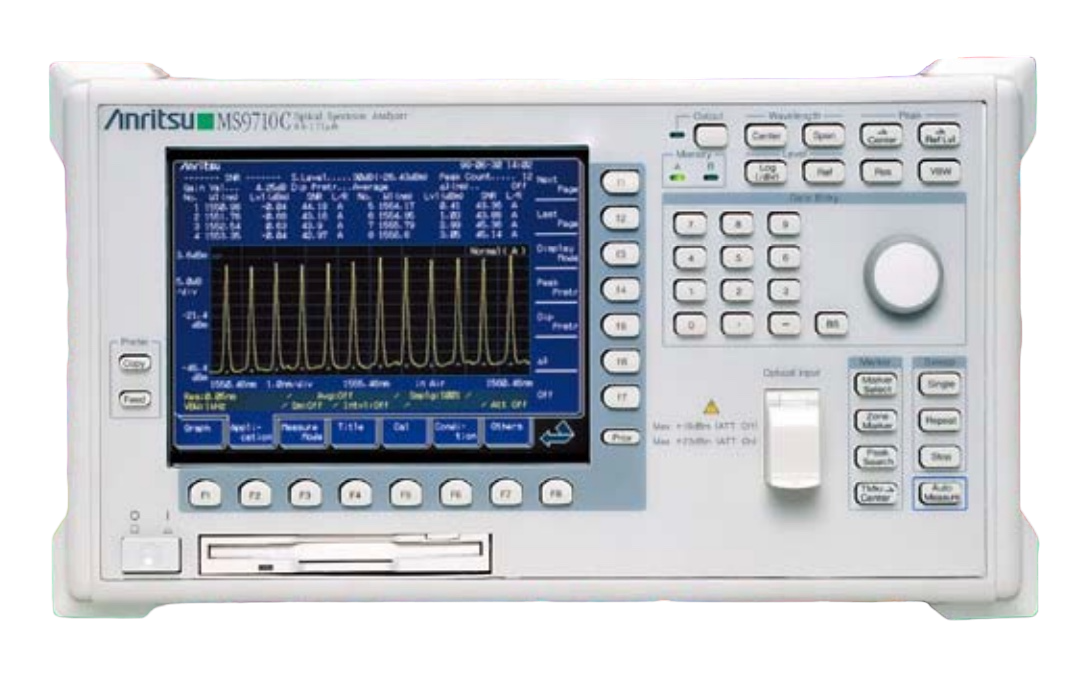 Spectrum Analyzers
Spectrum Analyzers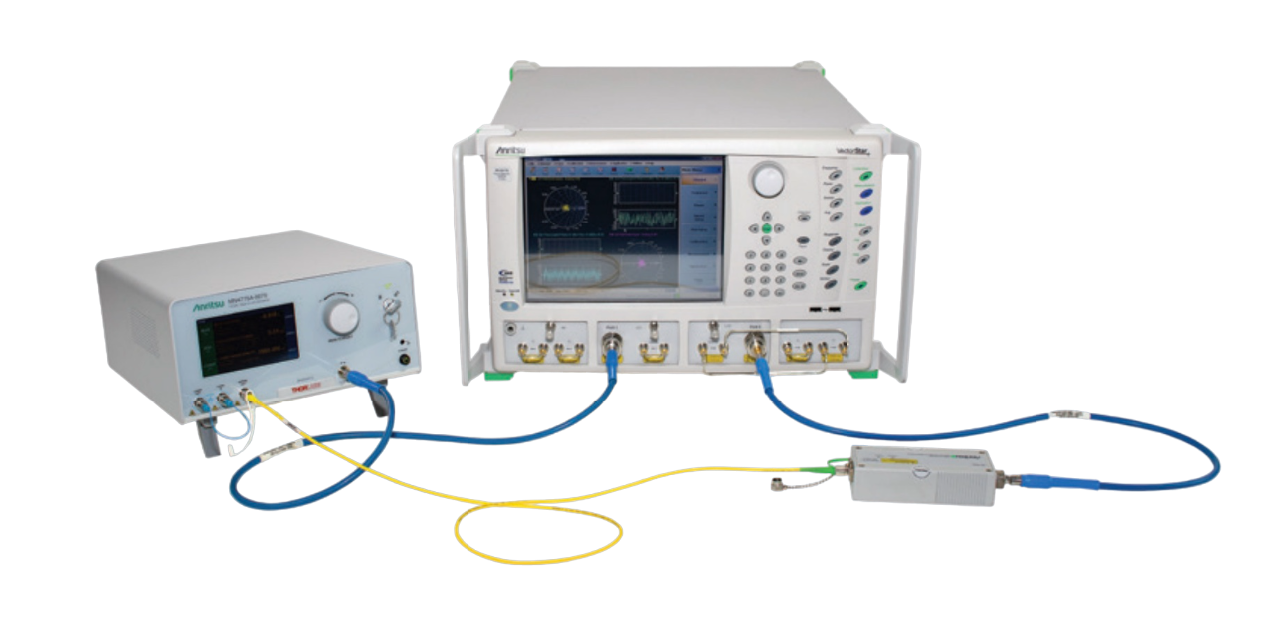 Network Analyzers
Network Analyzers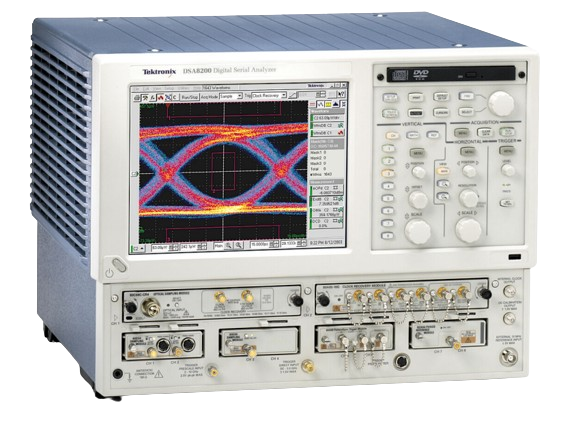 Signal Analyzers
Signal Analyzers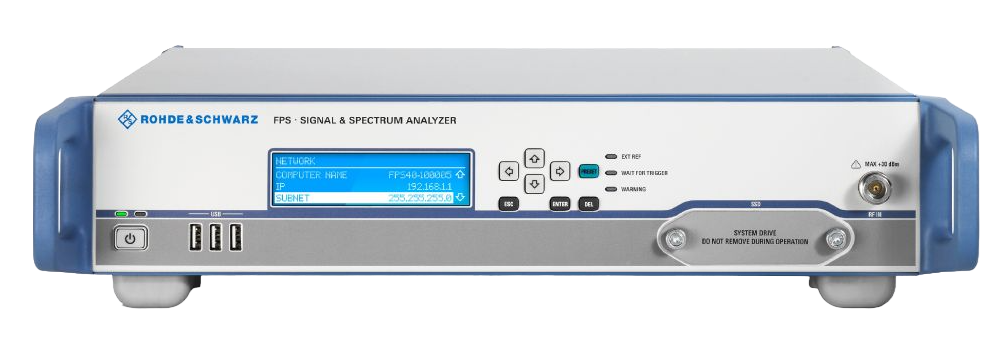 Logic Analyzers
Logic Analyzers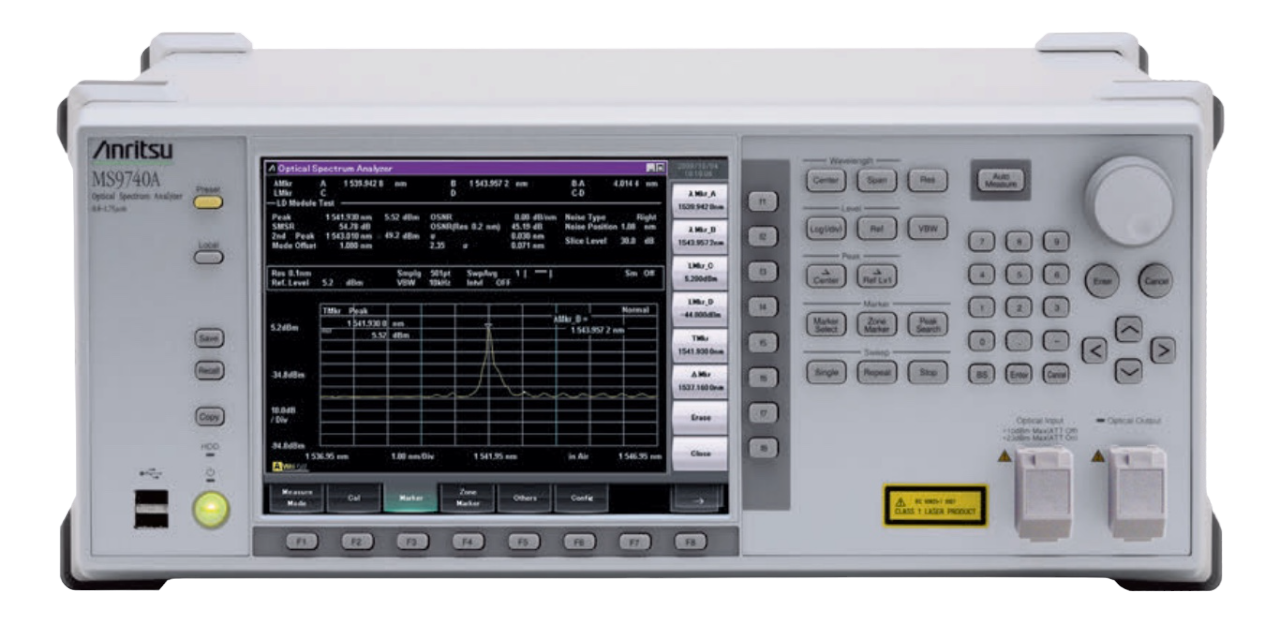 Optical Spectrum Analyzers
Optical Spectrum Analyzers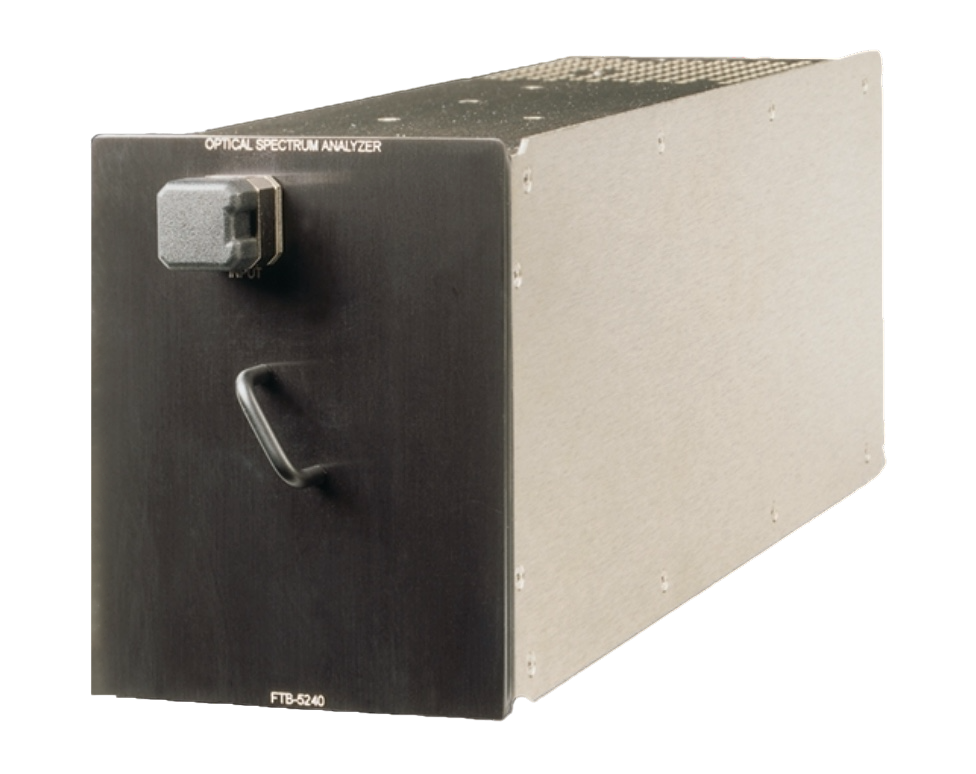 Other Analyzers
Other Analyzers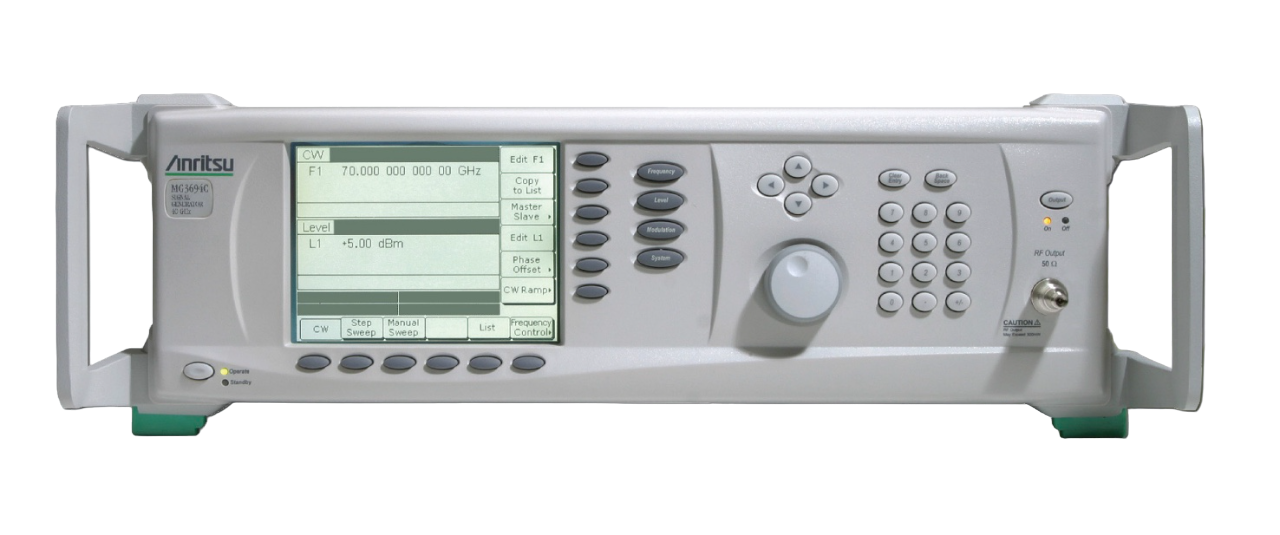 Signal Generator
Signal Generator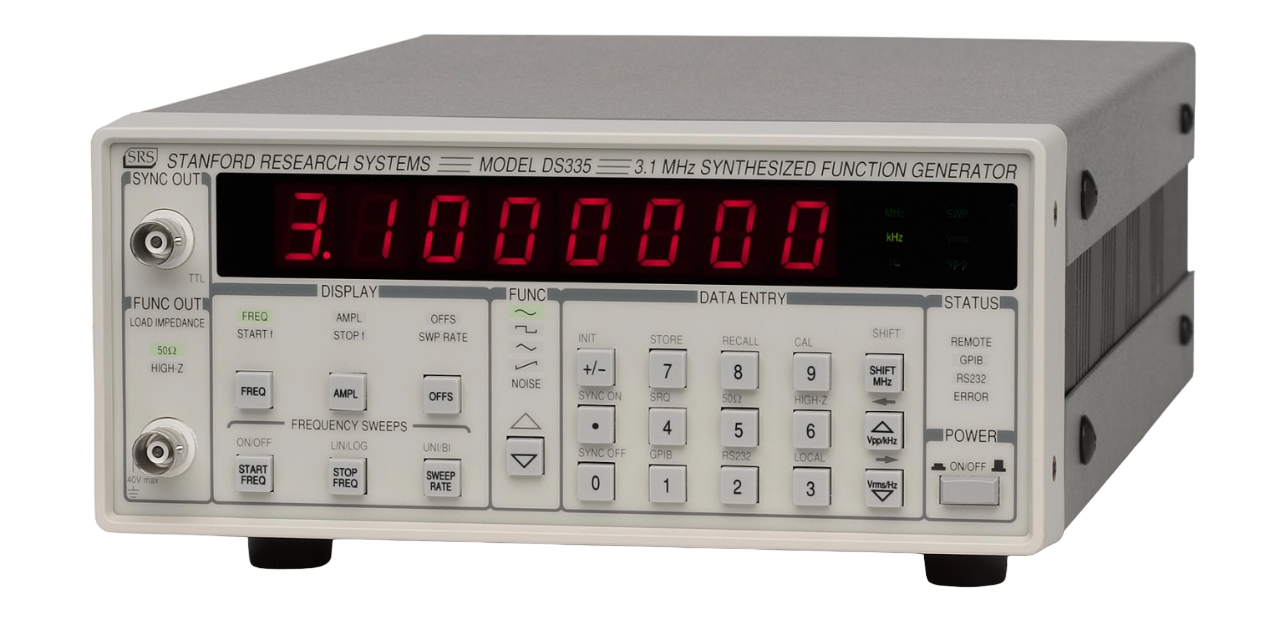 Function Generator
Function Generator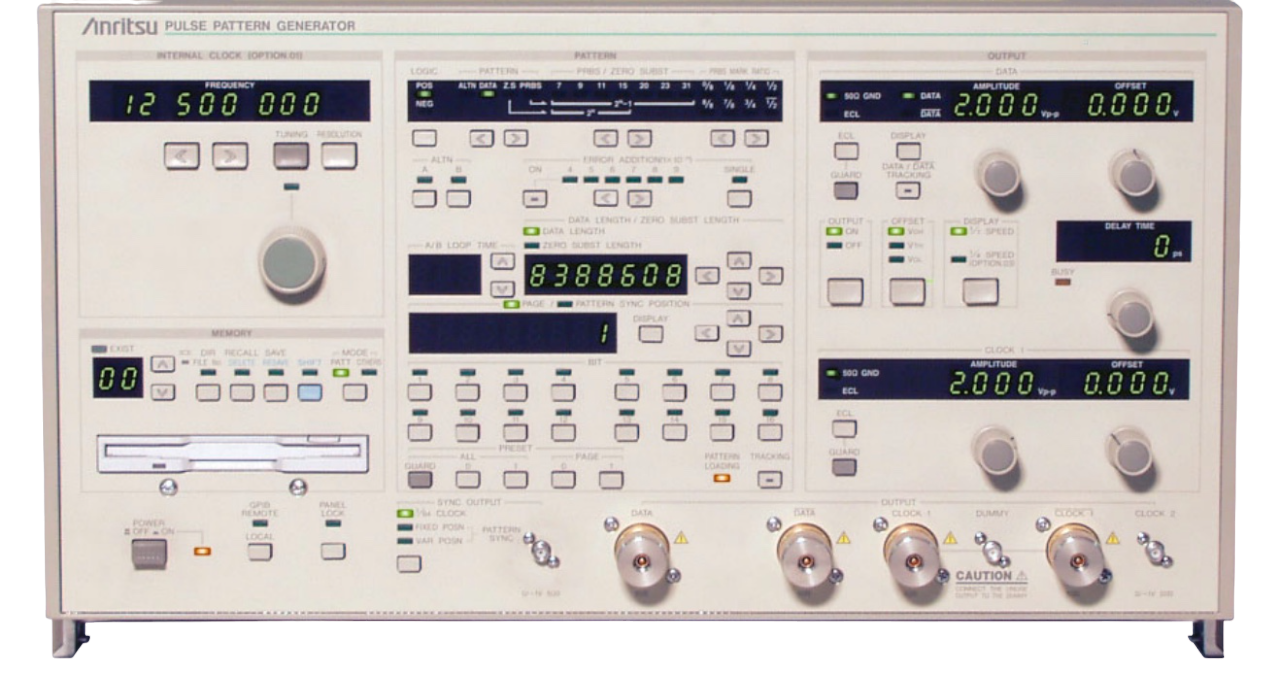 Pulse / Pattern Generator
Pulse / Pattern Generator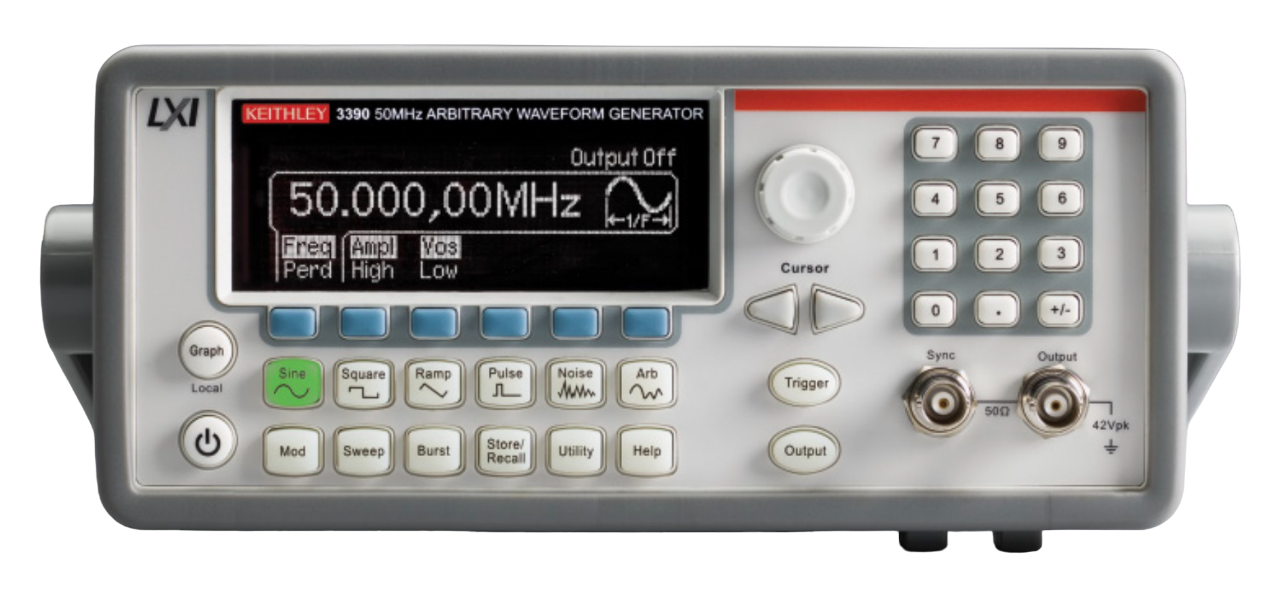 Waveform Generator
Waveform Generator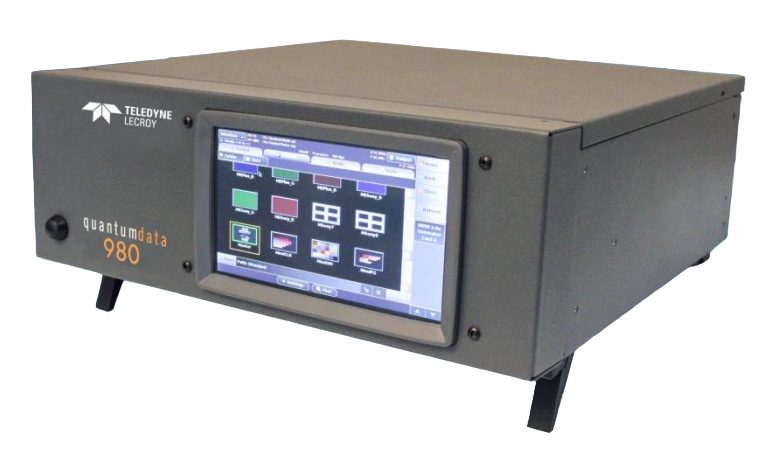 Other Generators
Other Generators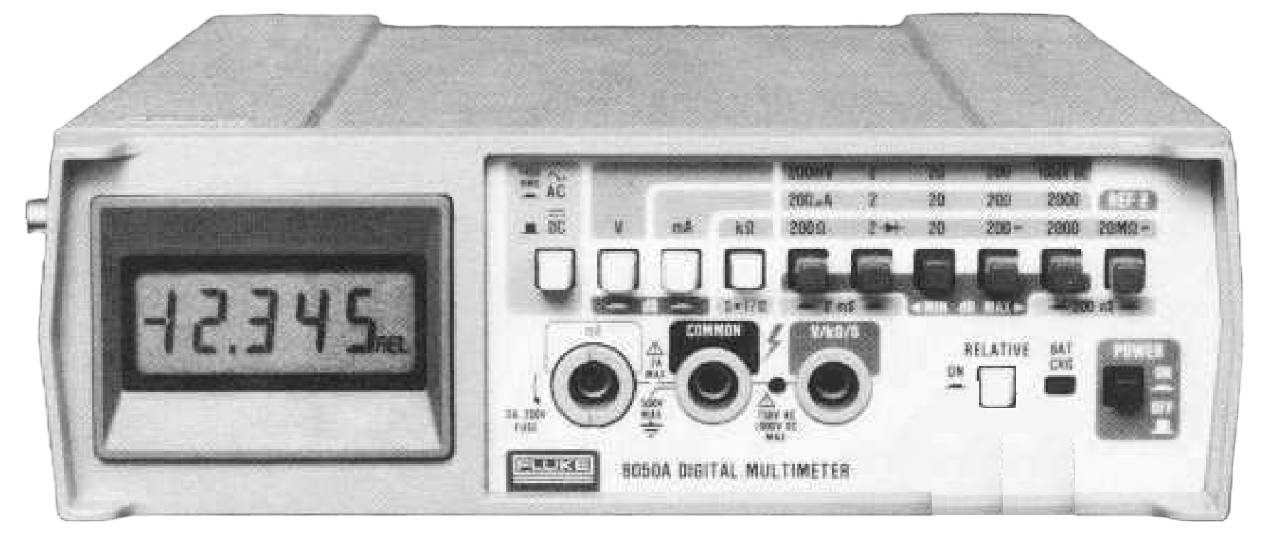 Digital Multimeter
Digital Multimeter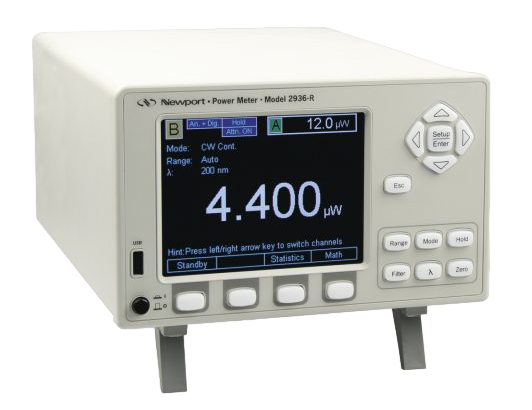 Power Meter
Power Meter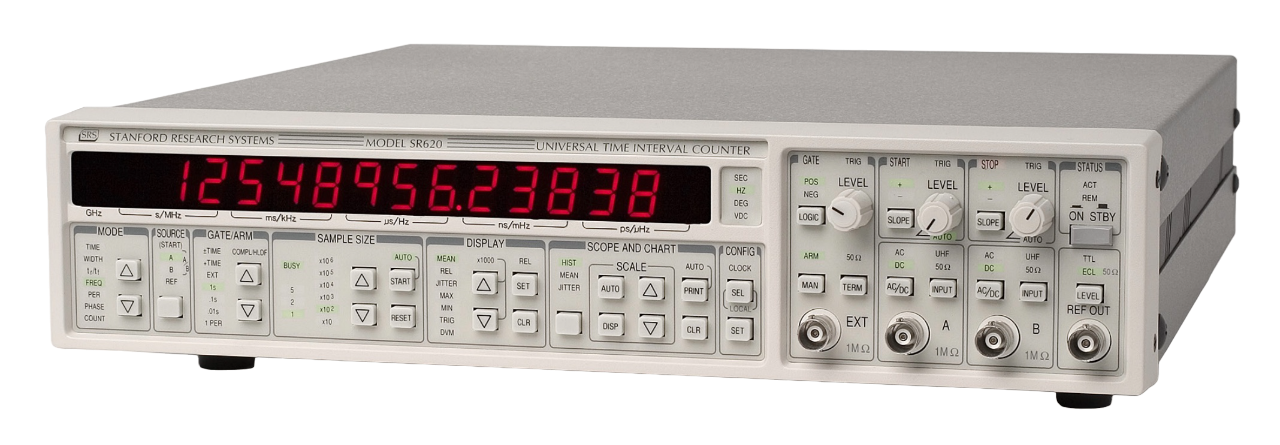 Frequency Counters
Frequency Counters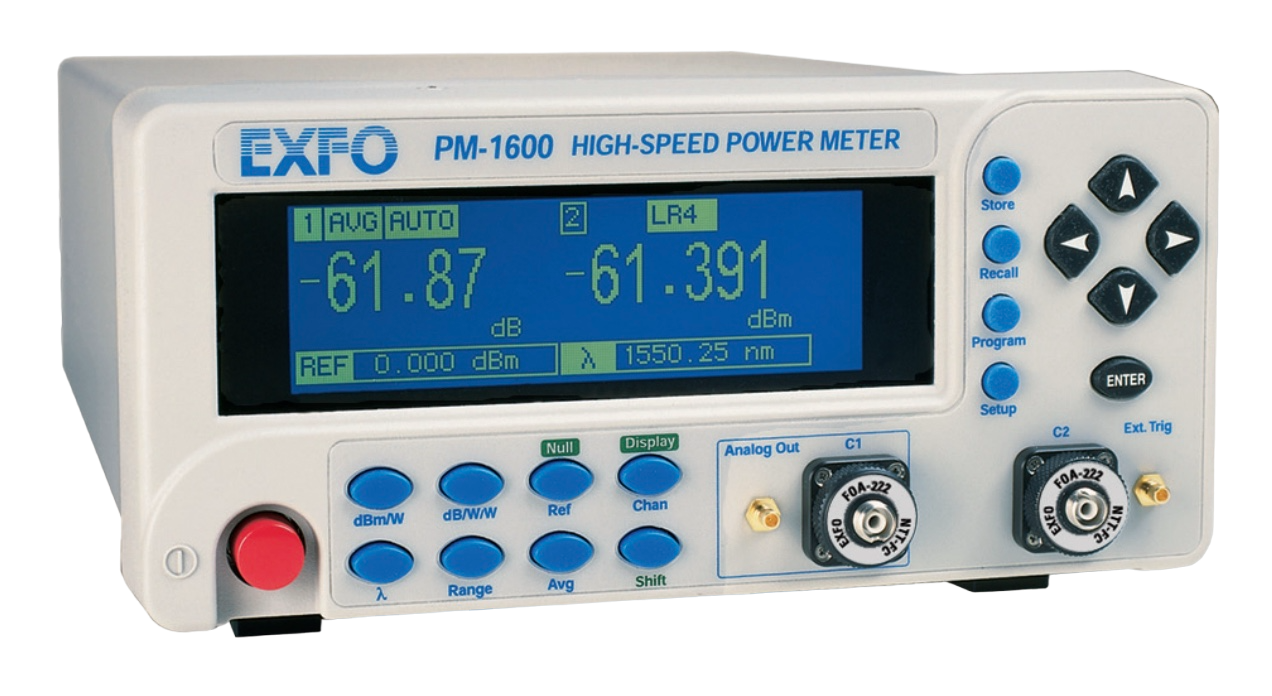 Optical Power Meter
Optical Power Meter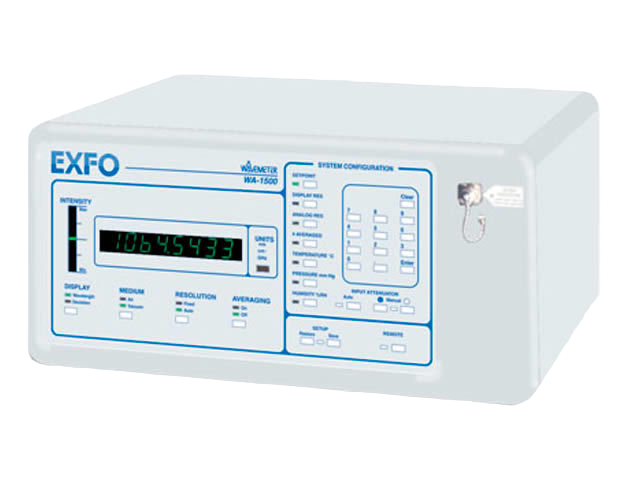 Wavelength Meter
Wavelength Meter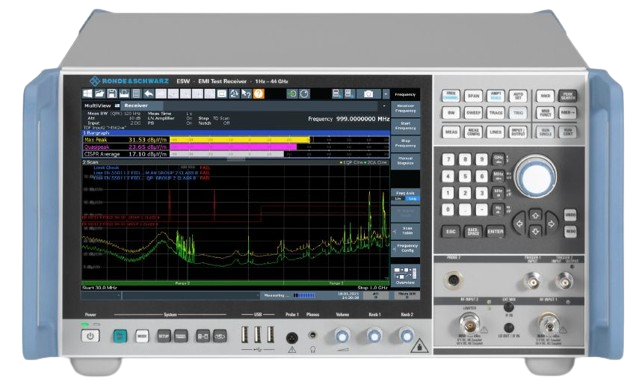 Receiver
Receiver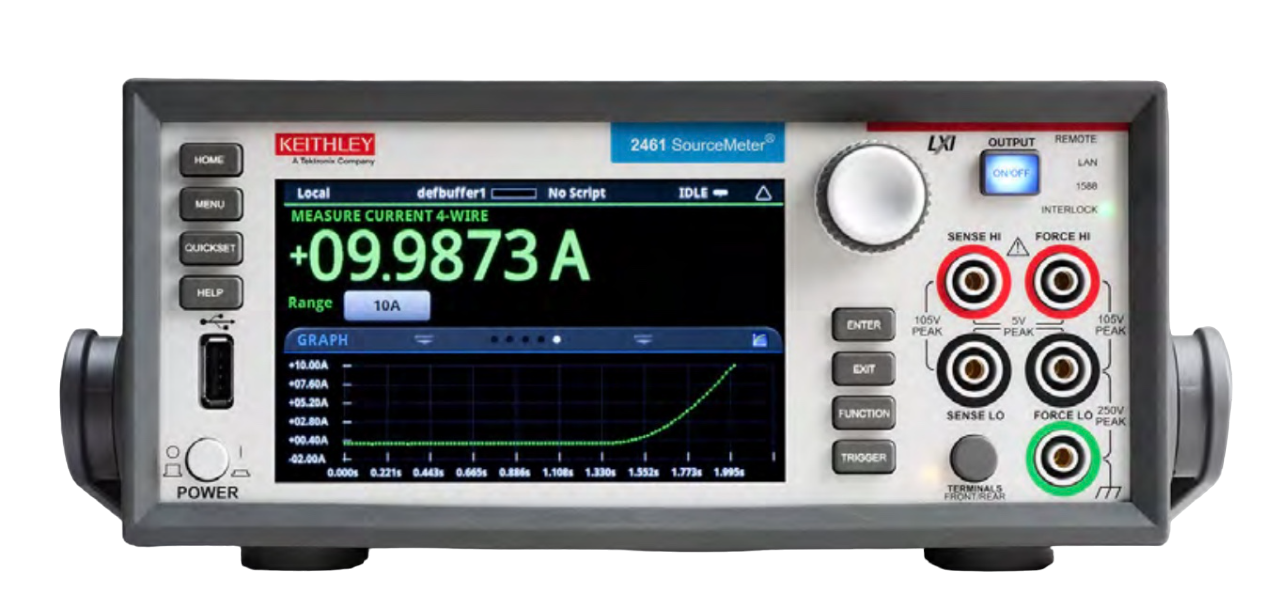 Current/Power Source Meter
Current/Power Source Meter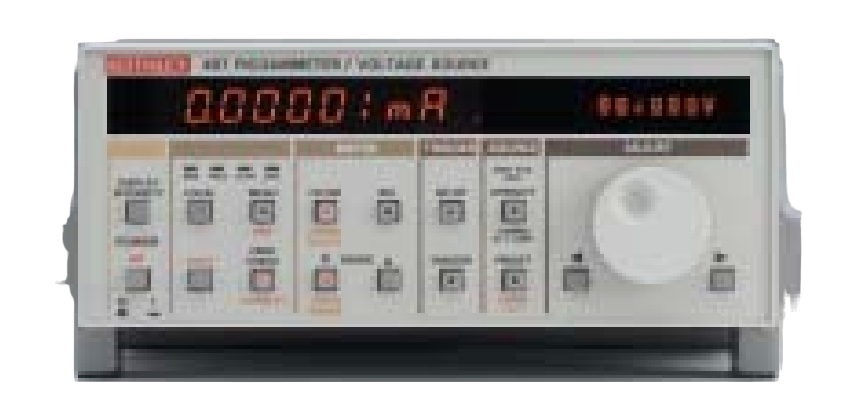 Picoammeter
Picoammeter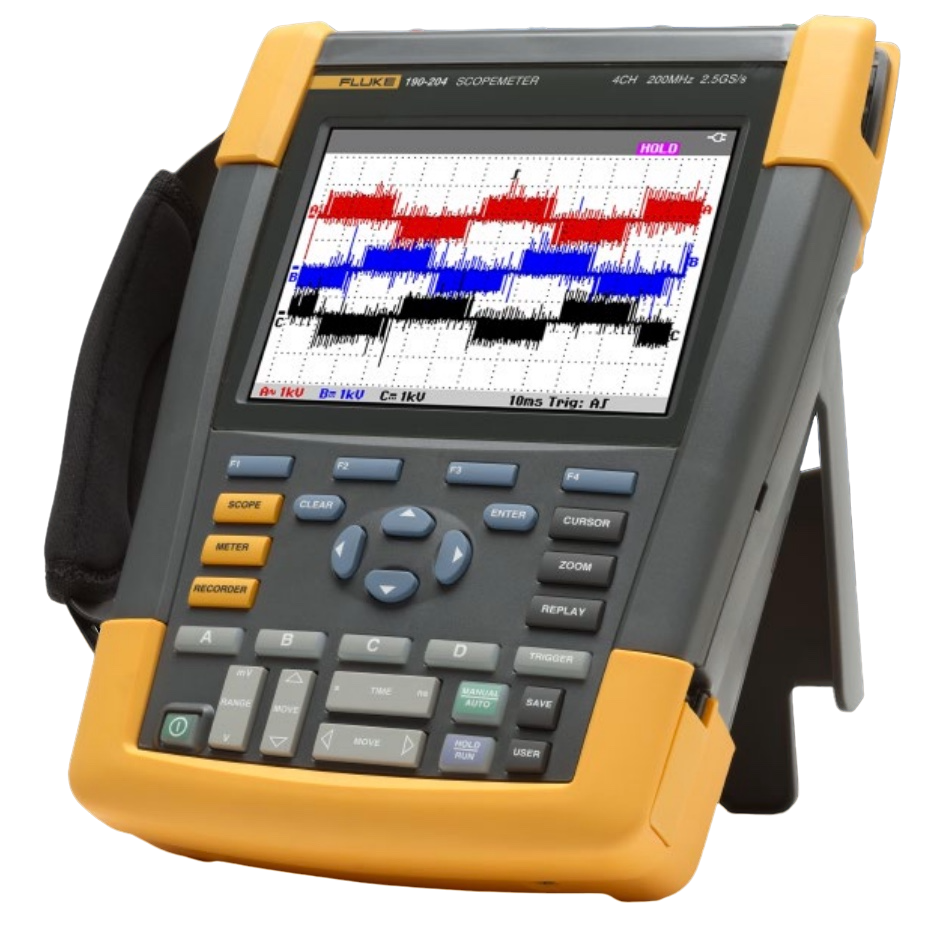 Other Meters
Other Meters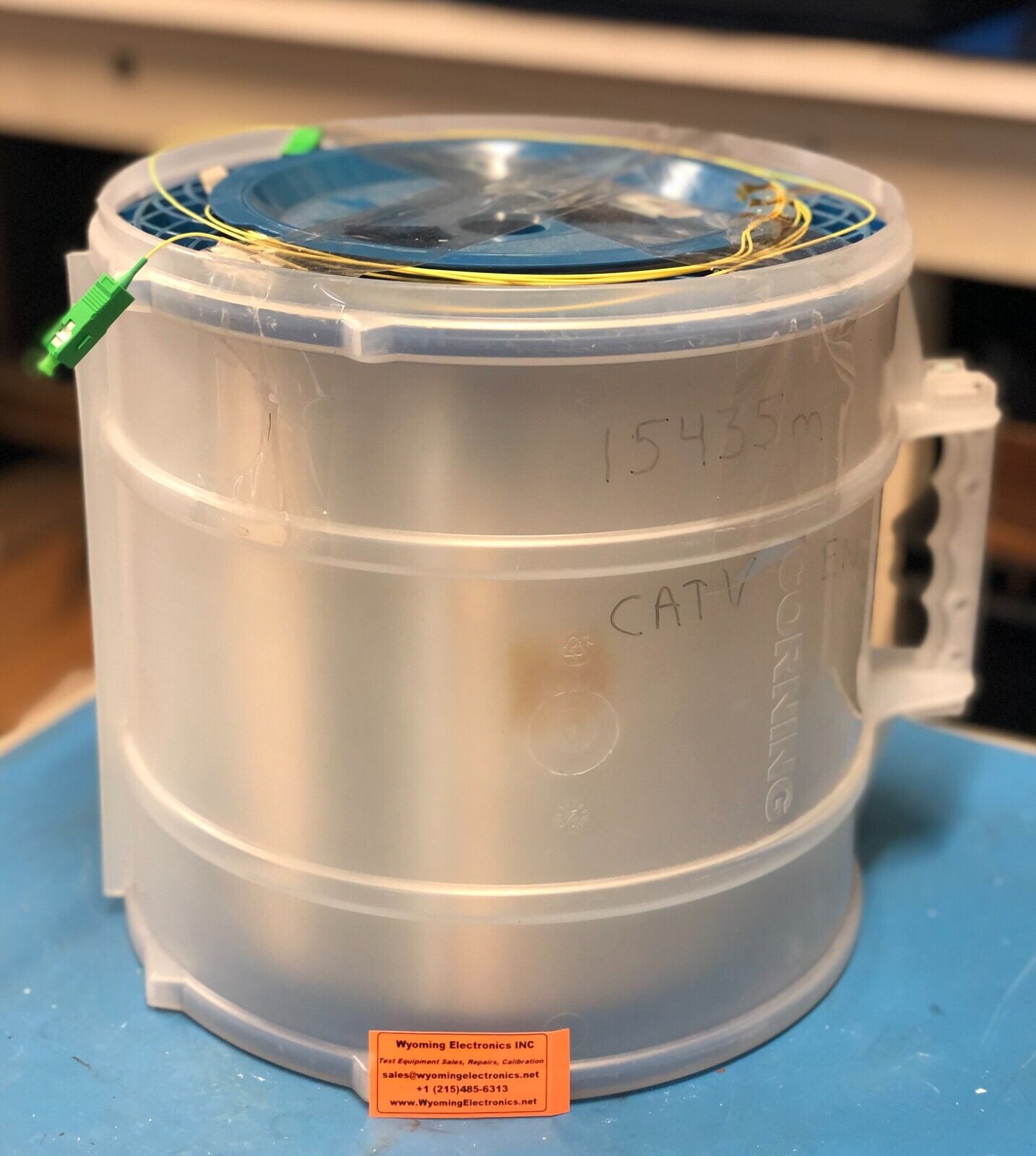 Optical Fiber
Optical Fiber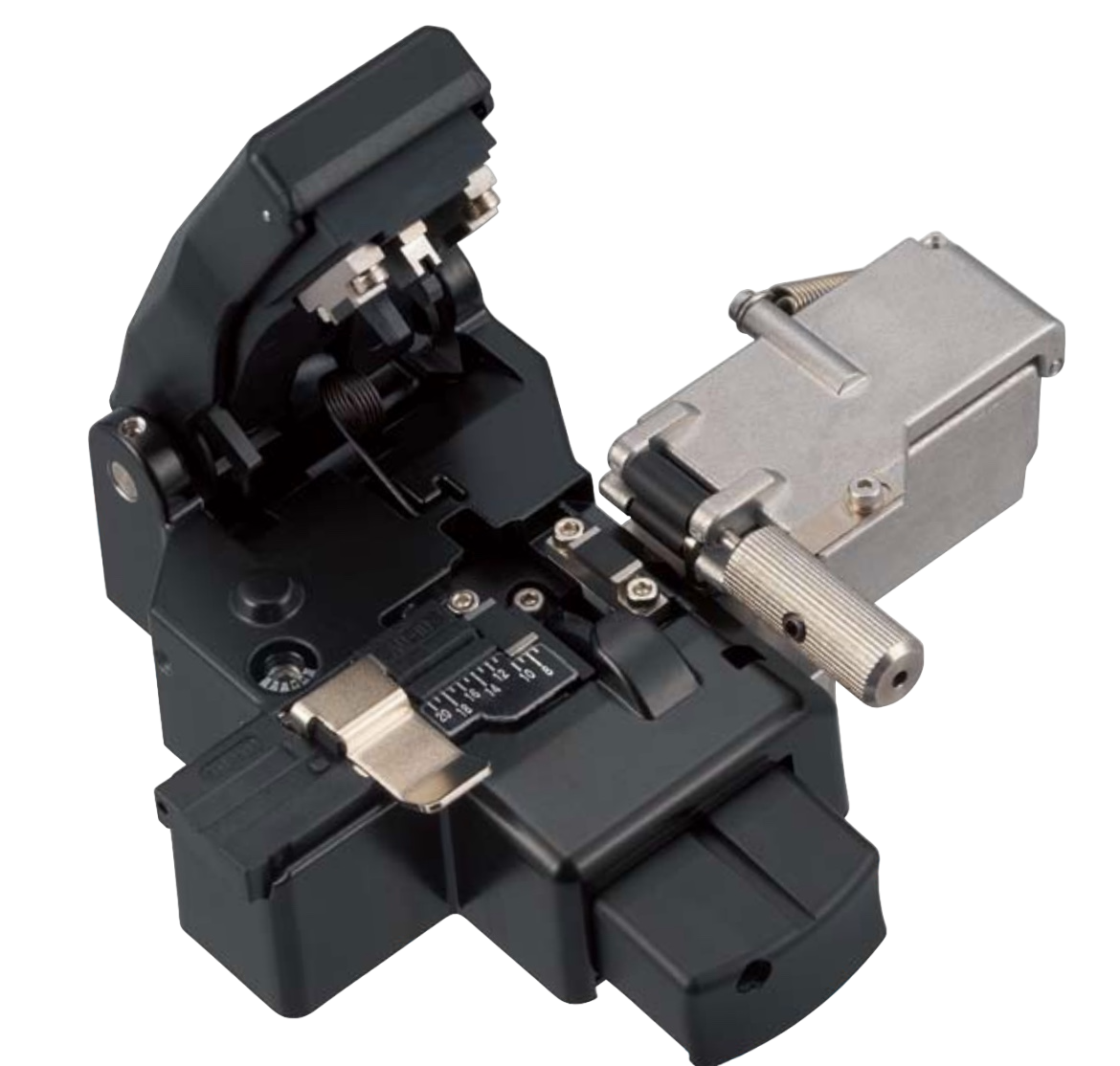 Fiber Cleaver
Fiber Cleaver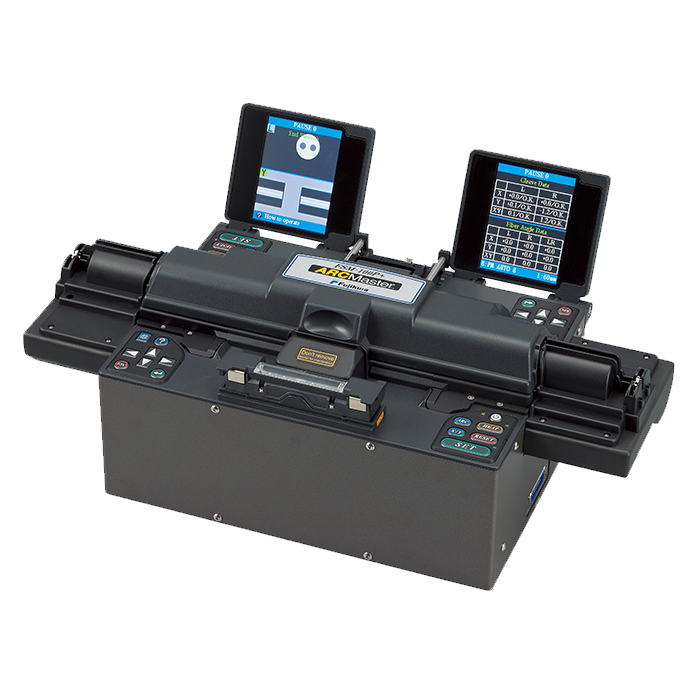 Fusion Splicer
Fusion Splicer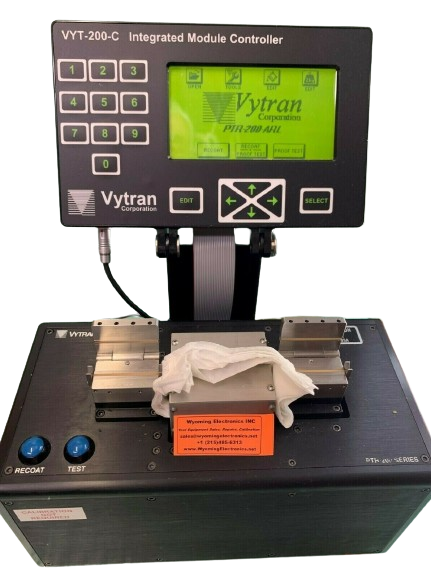 Fiber Recoater
Fiber Recoater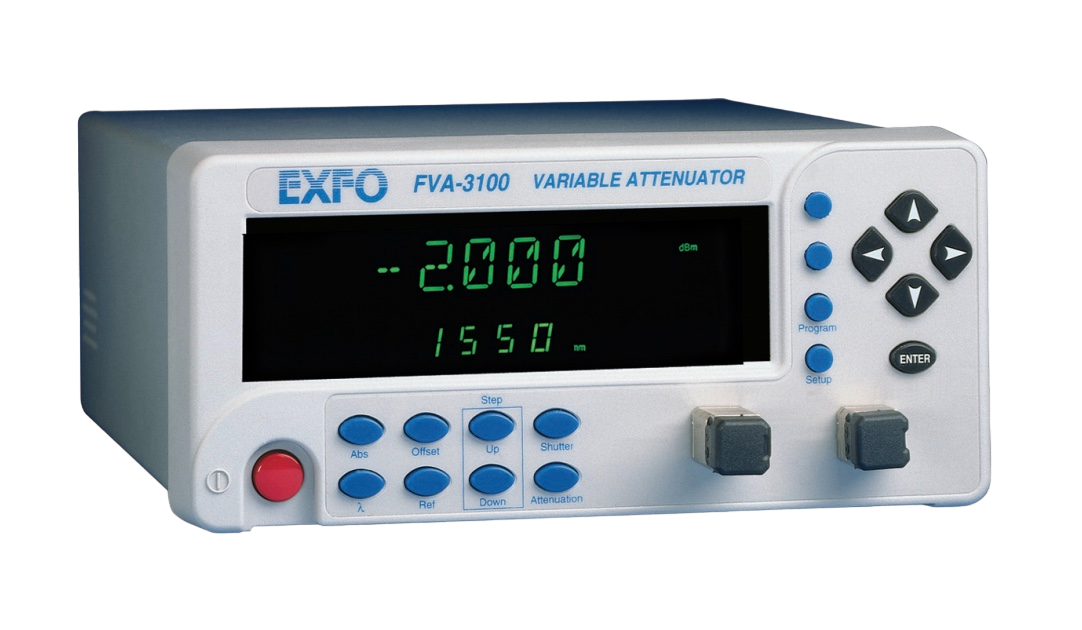 Optical Attenuator
Optical Attenuator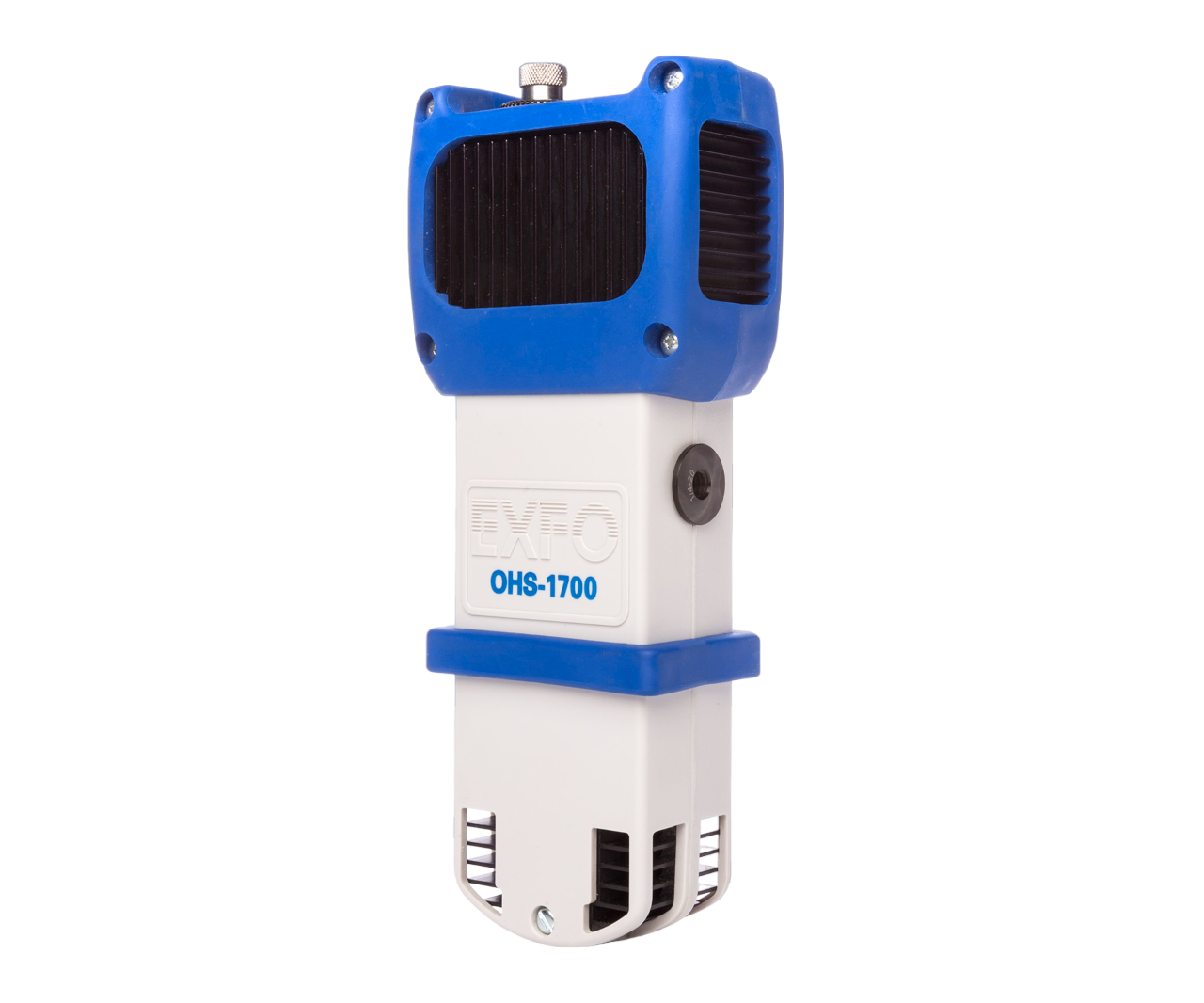 Optical Head
Optical Head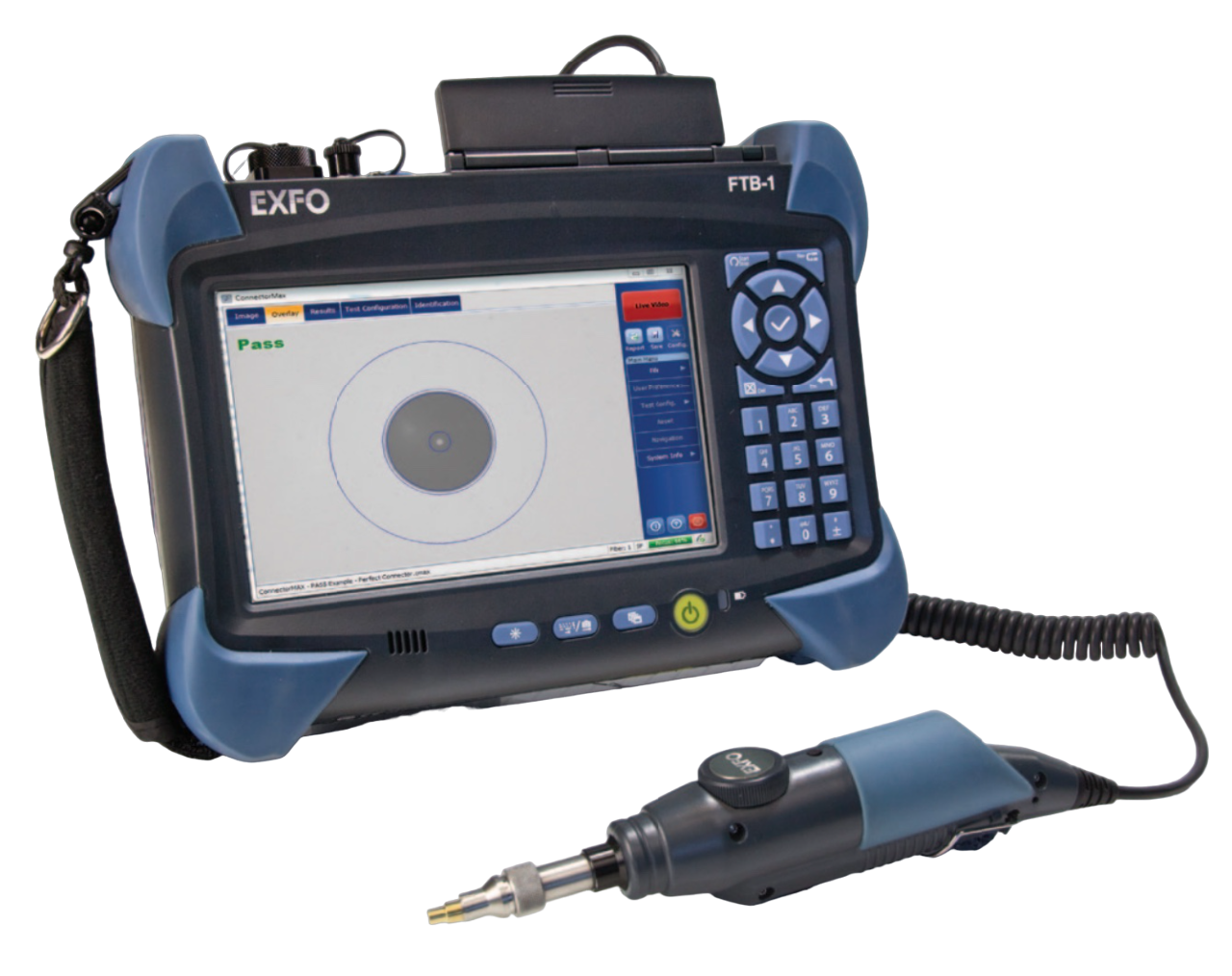 OTDR (Optical Time-Domain Reflectometer)
OTDR (Optical Time-Domain Reflectometer)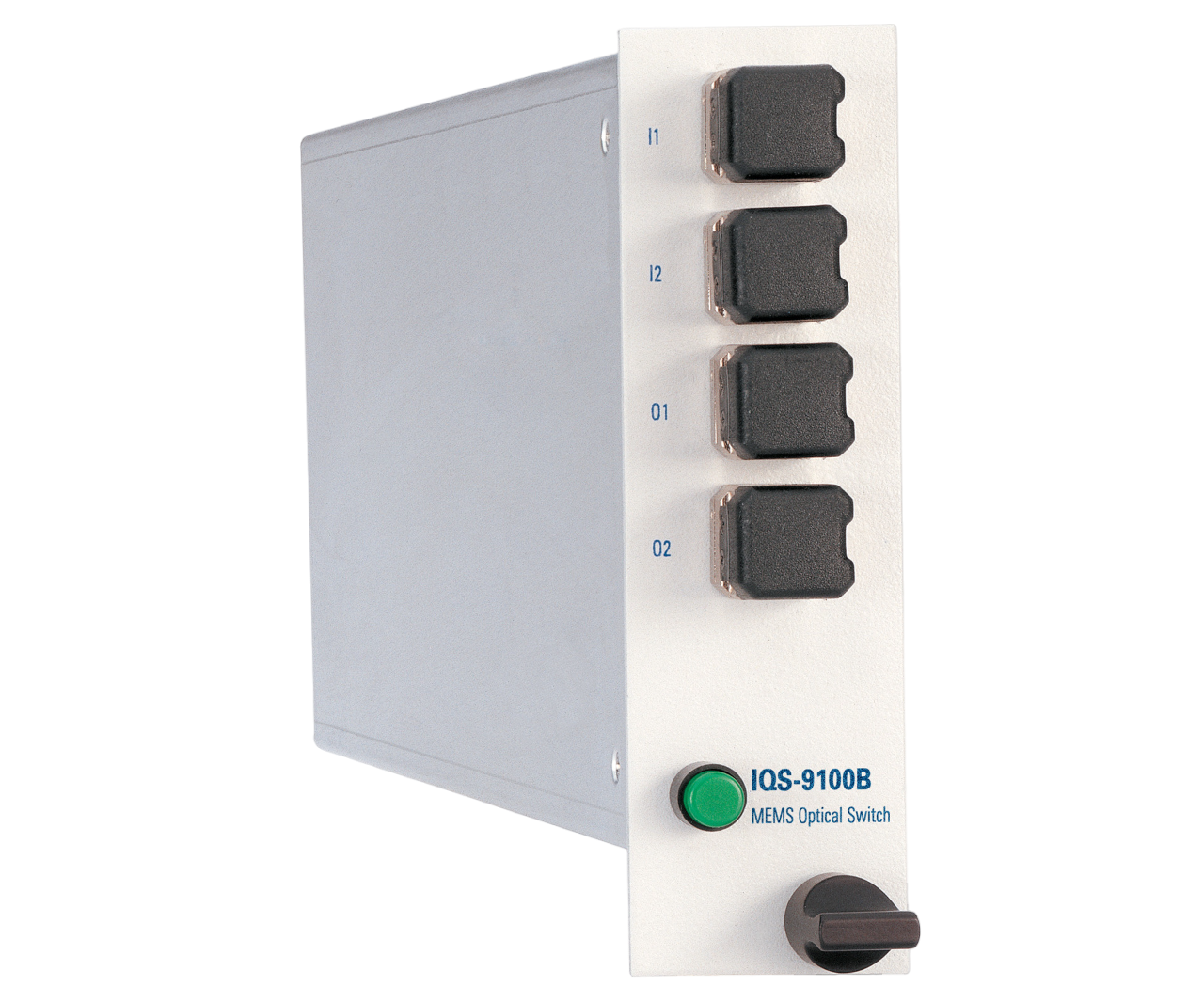 Other Optical Instruments
Other Optical Instruments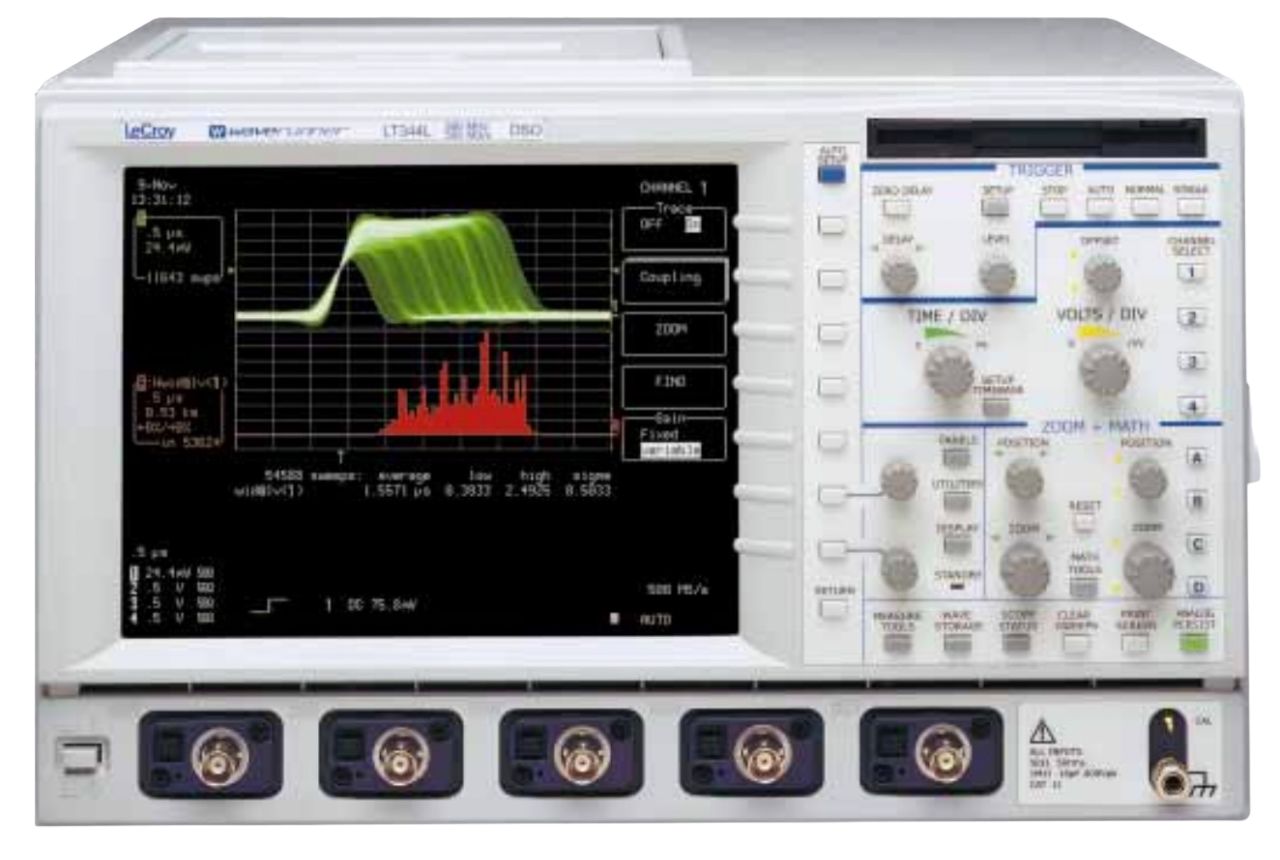 Oscilloscopes
Oscilloscopes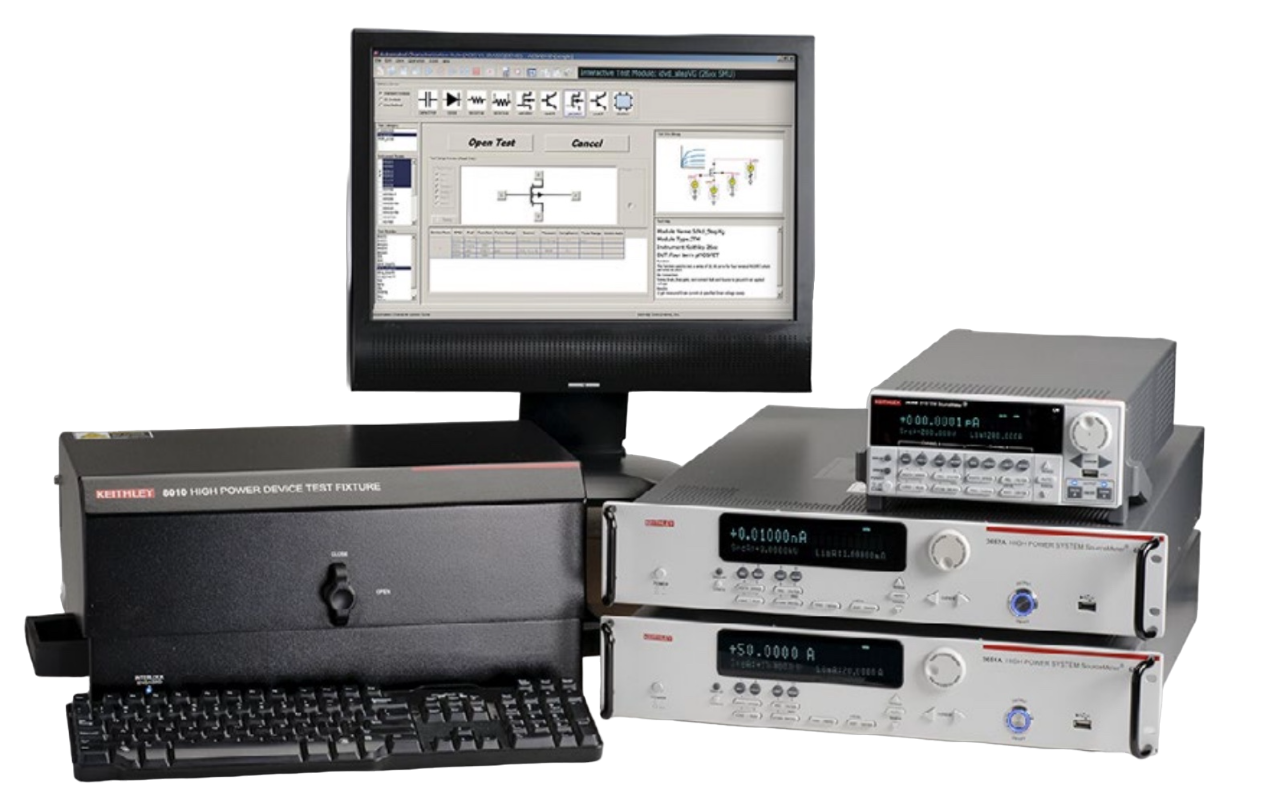 Curve Tracer
Curve Tracer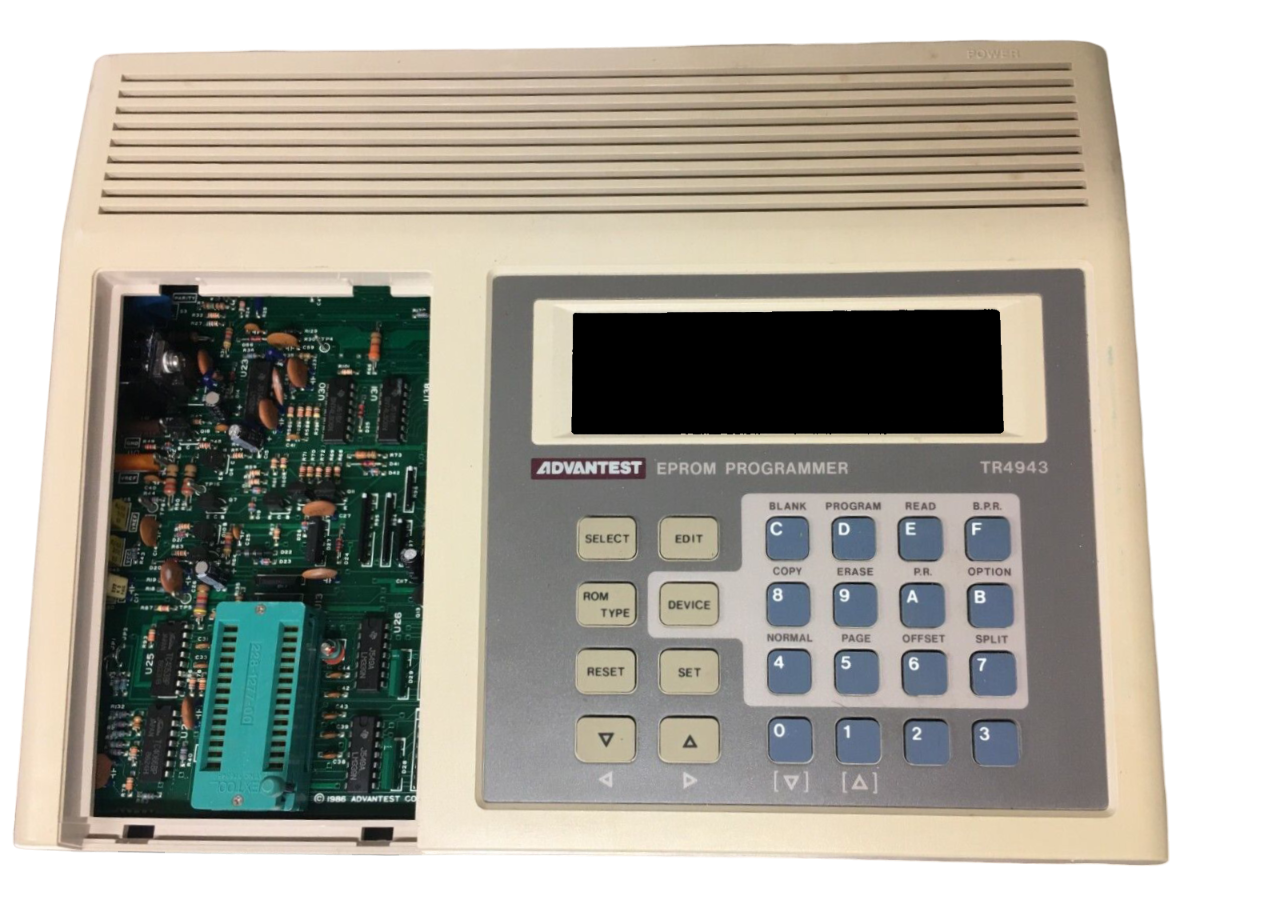 EPROM Programer
EPROM Programer Recorder
Recorder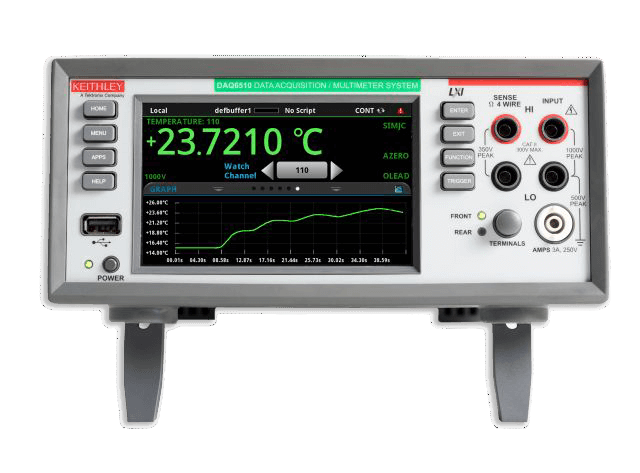 Data Acquisition System
Data Acquisition System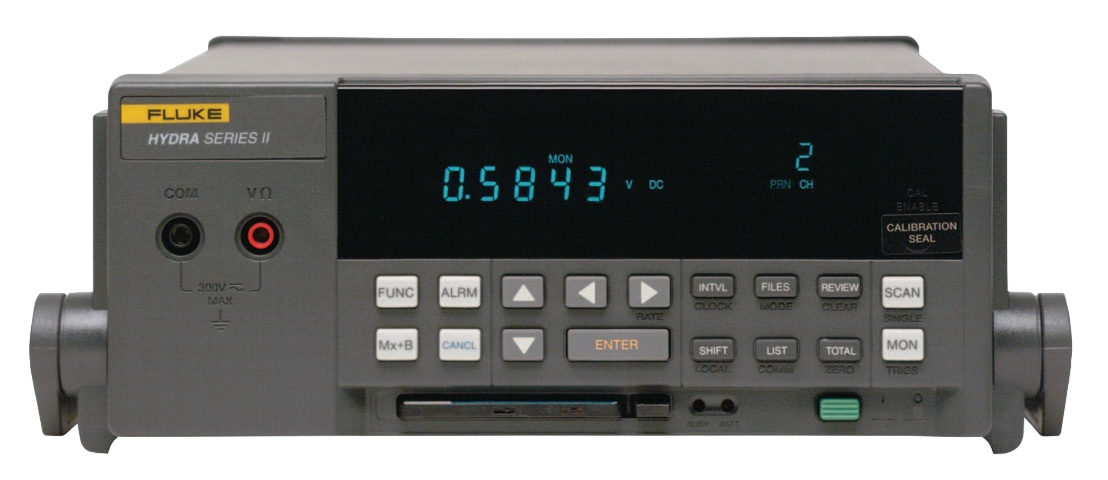 Data Logger
Data Logger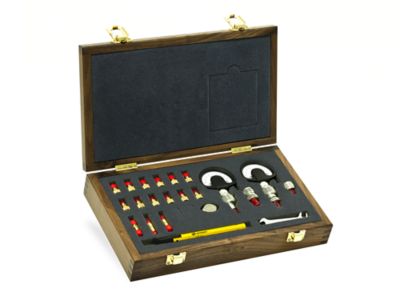 Calibration Kit
Calibration Kit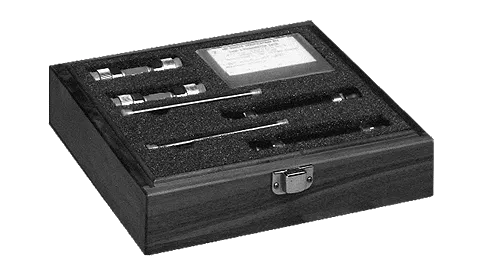 Verification Kit
Verification Kit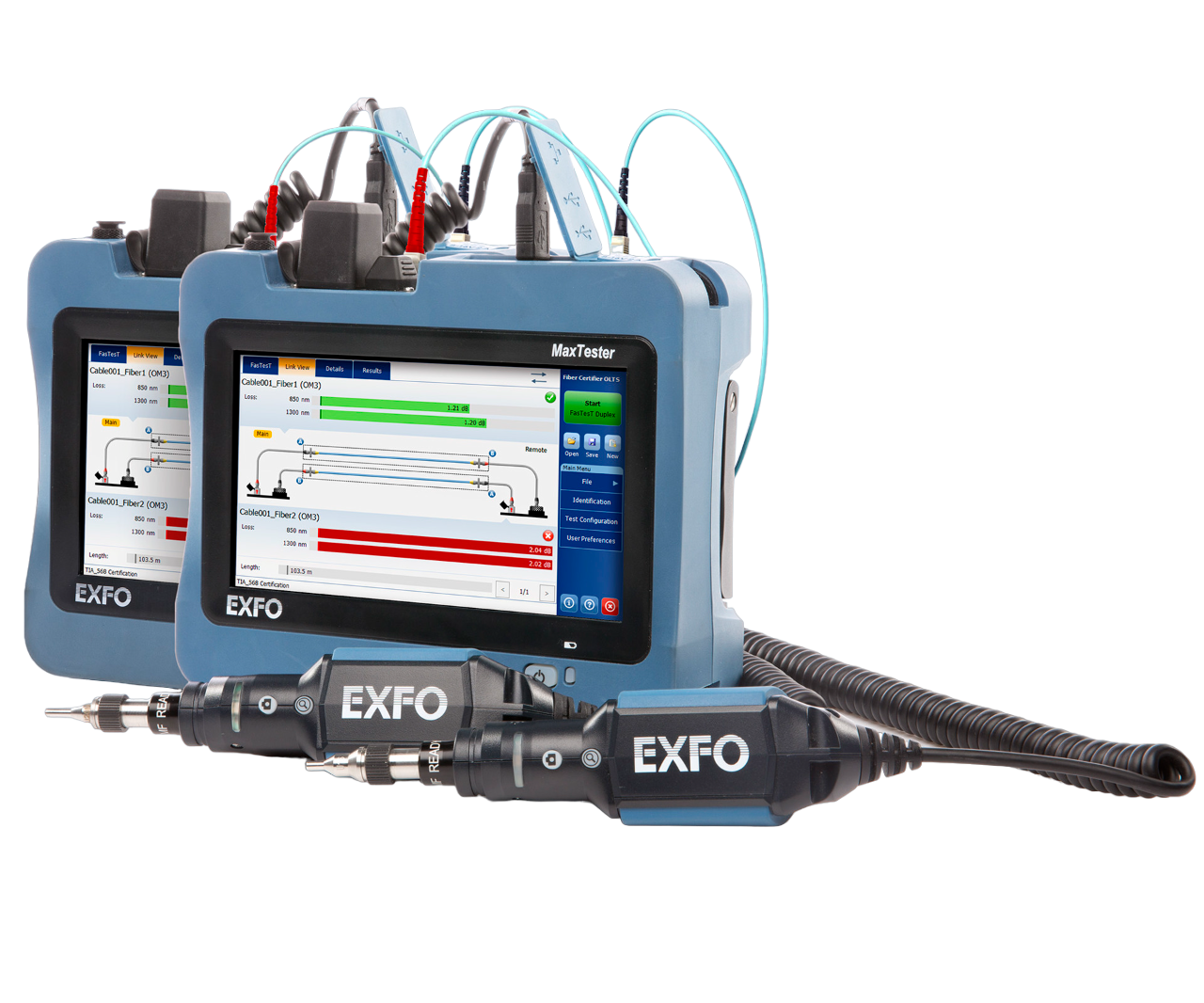 Test Set
Test Set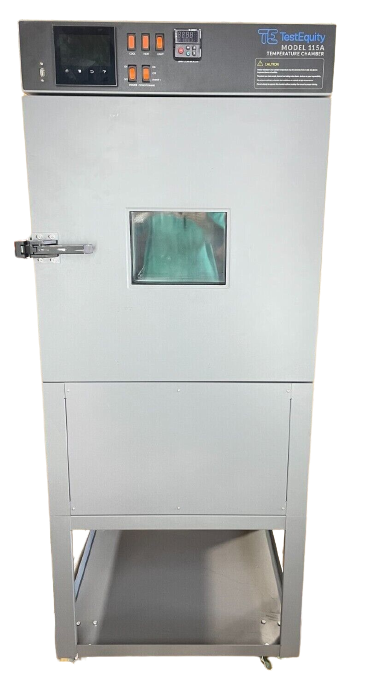 Test Chamber / Ovens
Test Chamber / Ovens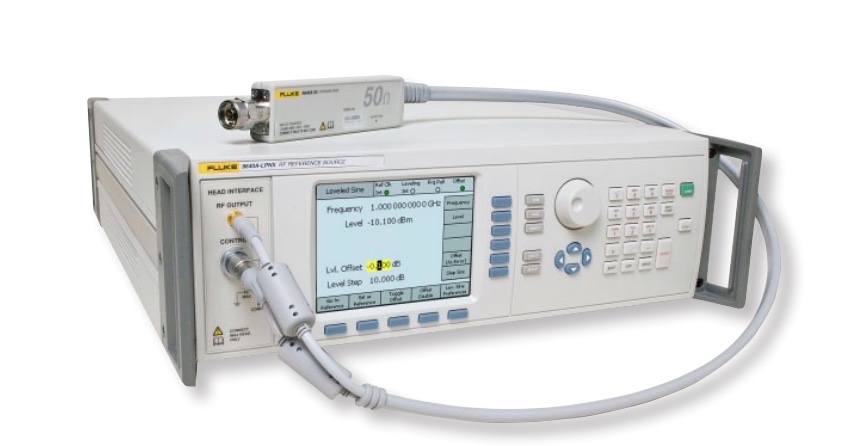 Calibrator
Calibrator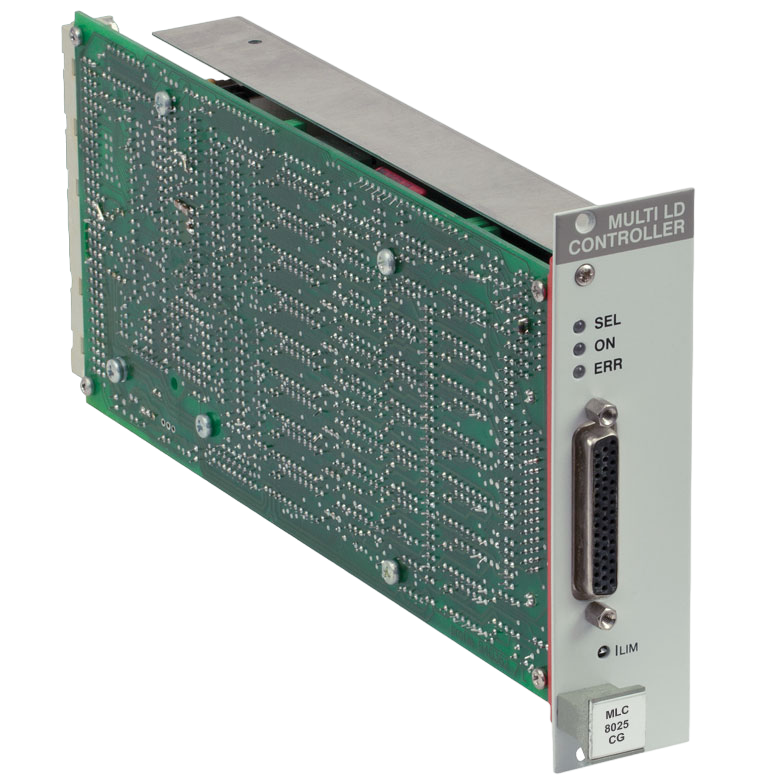 Controller
Controller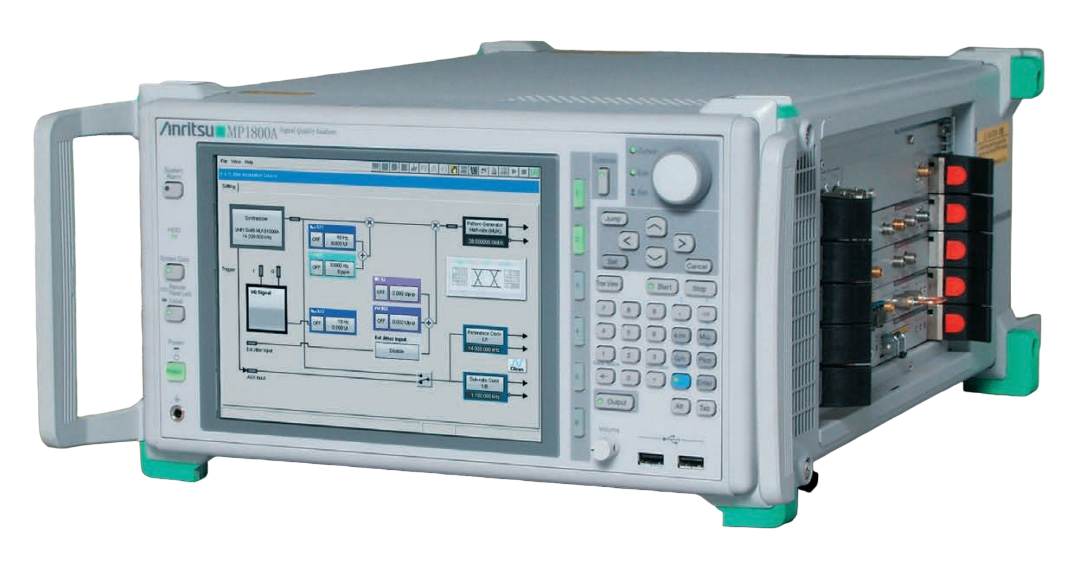 Mainframe
Mainframe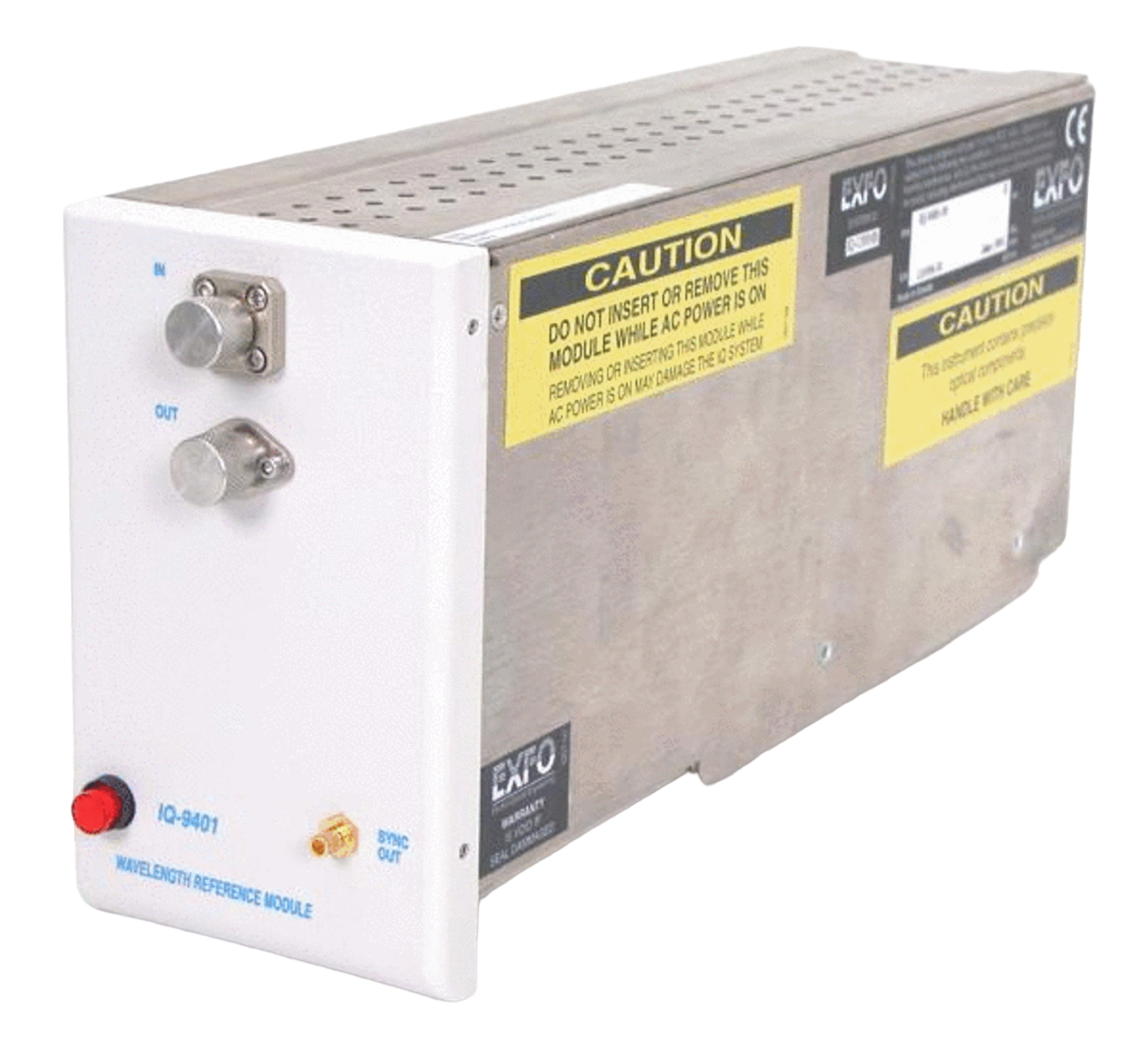 Module
Module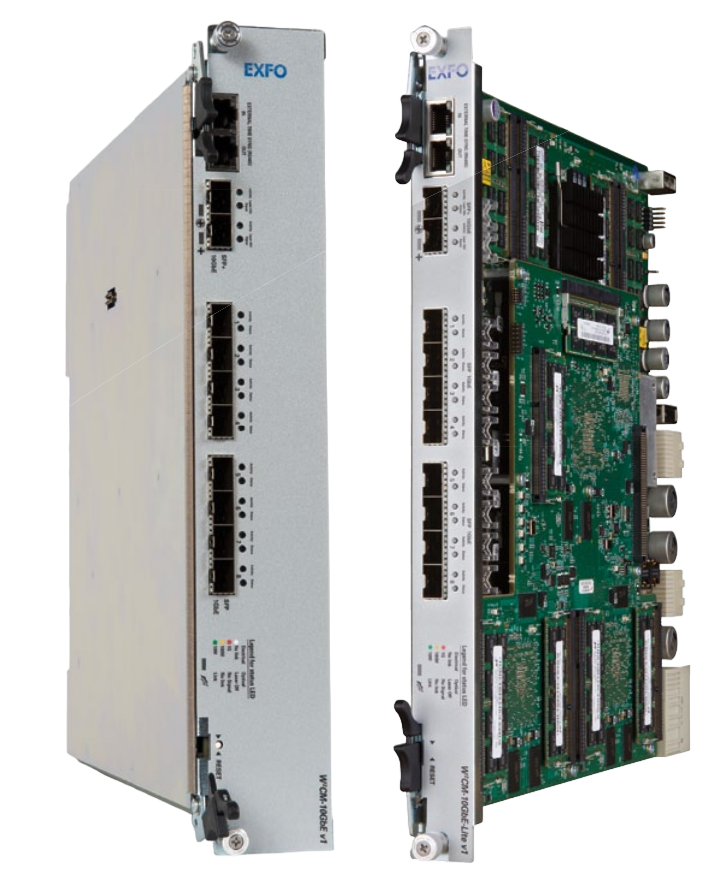 Interfaces(GPIB, Power)
Interfaces(GPIB, Power)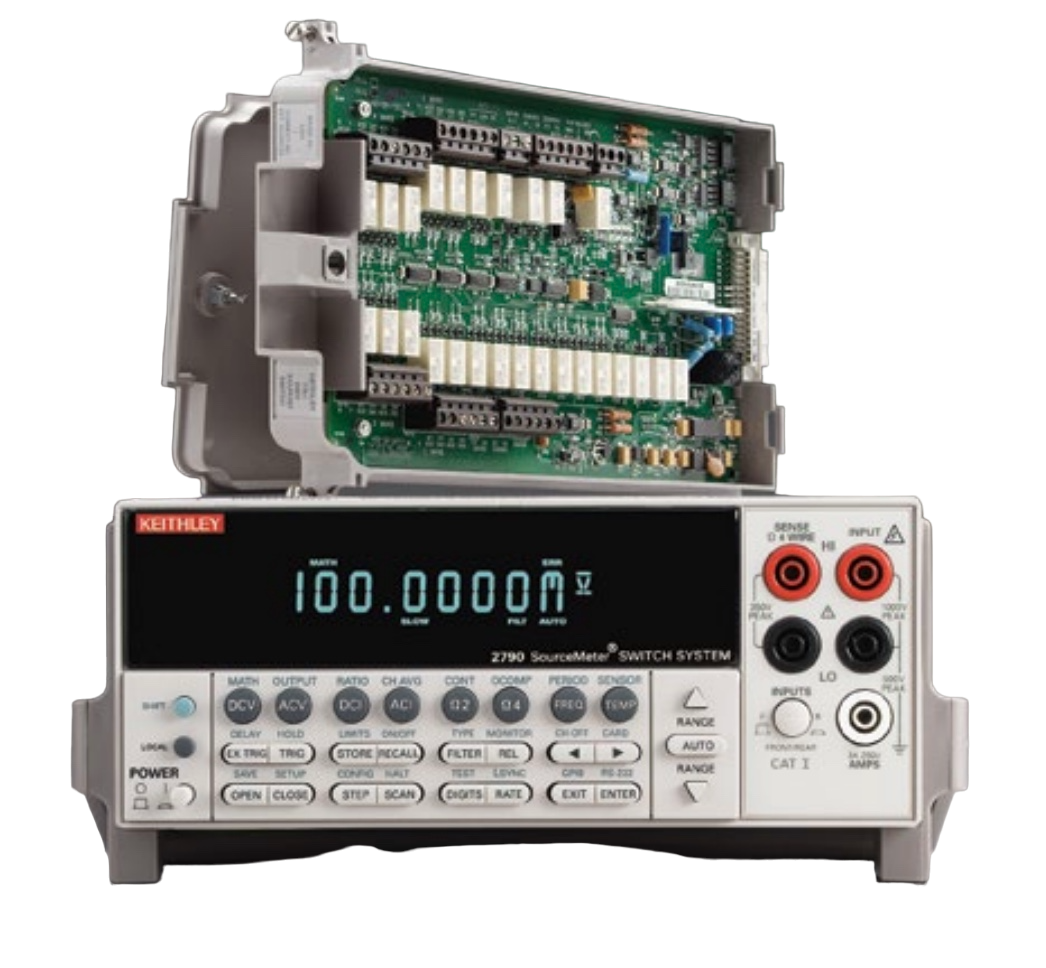 Switch
Switch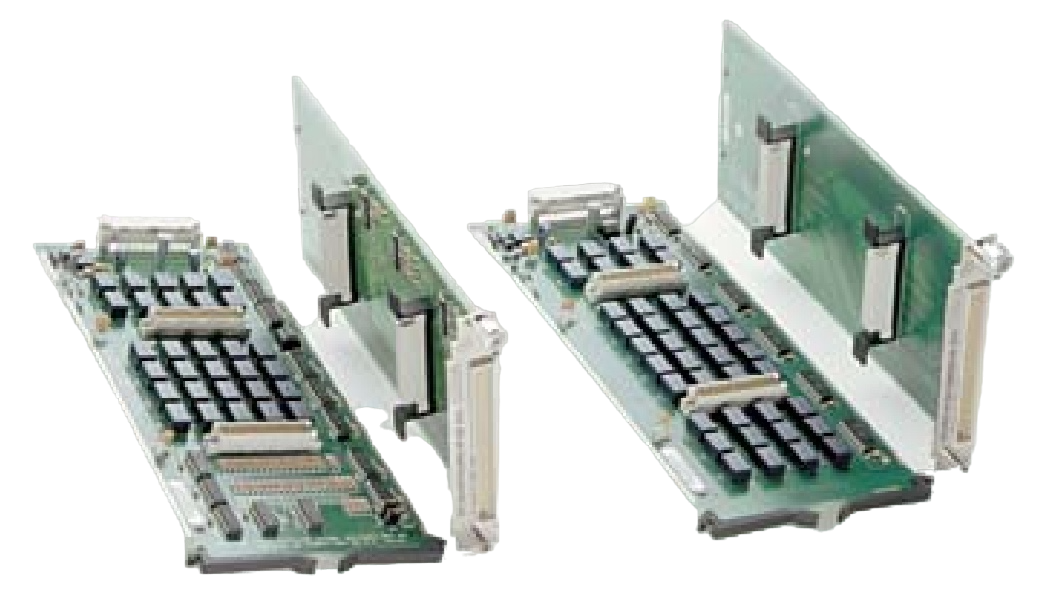 Matrix Cards
Matrix Cards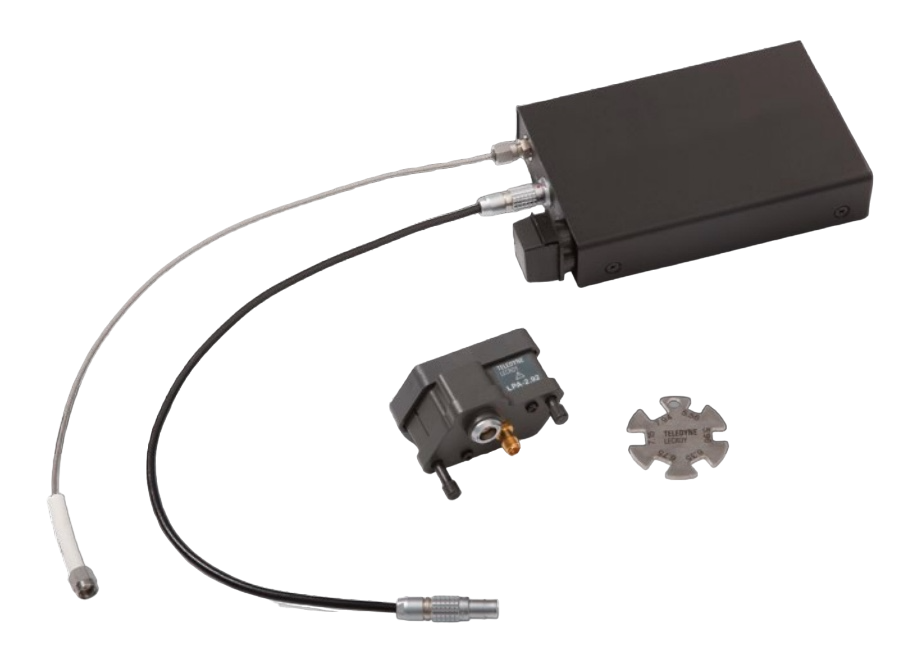 Converter
Converter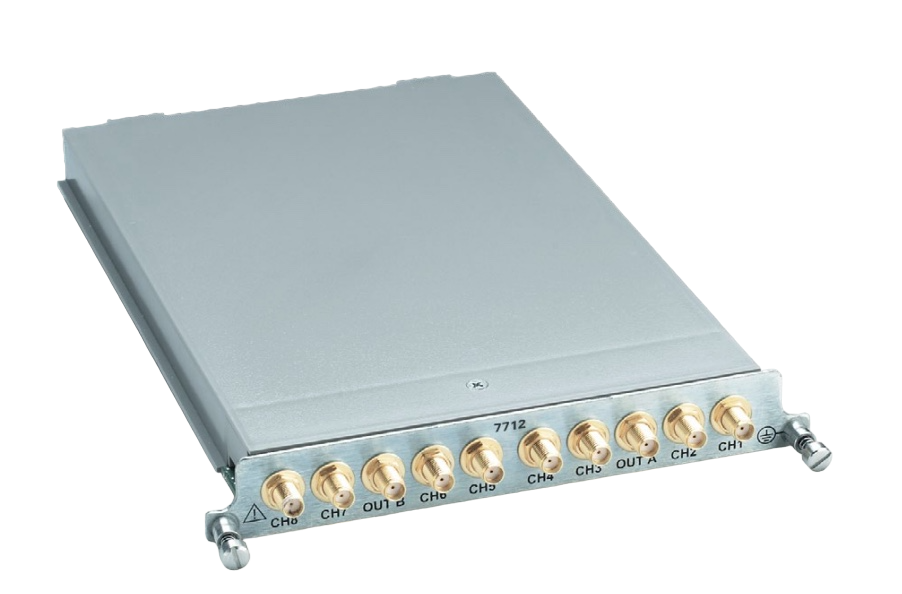 Multiplexer
Multiplexer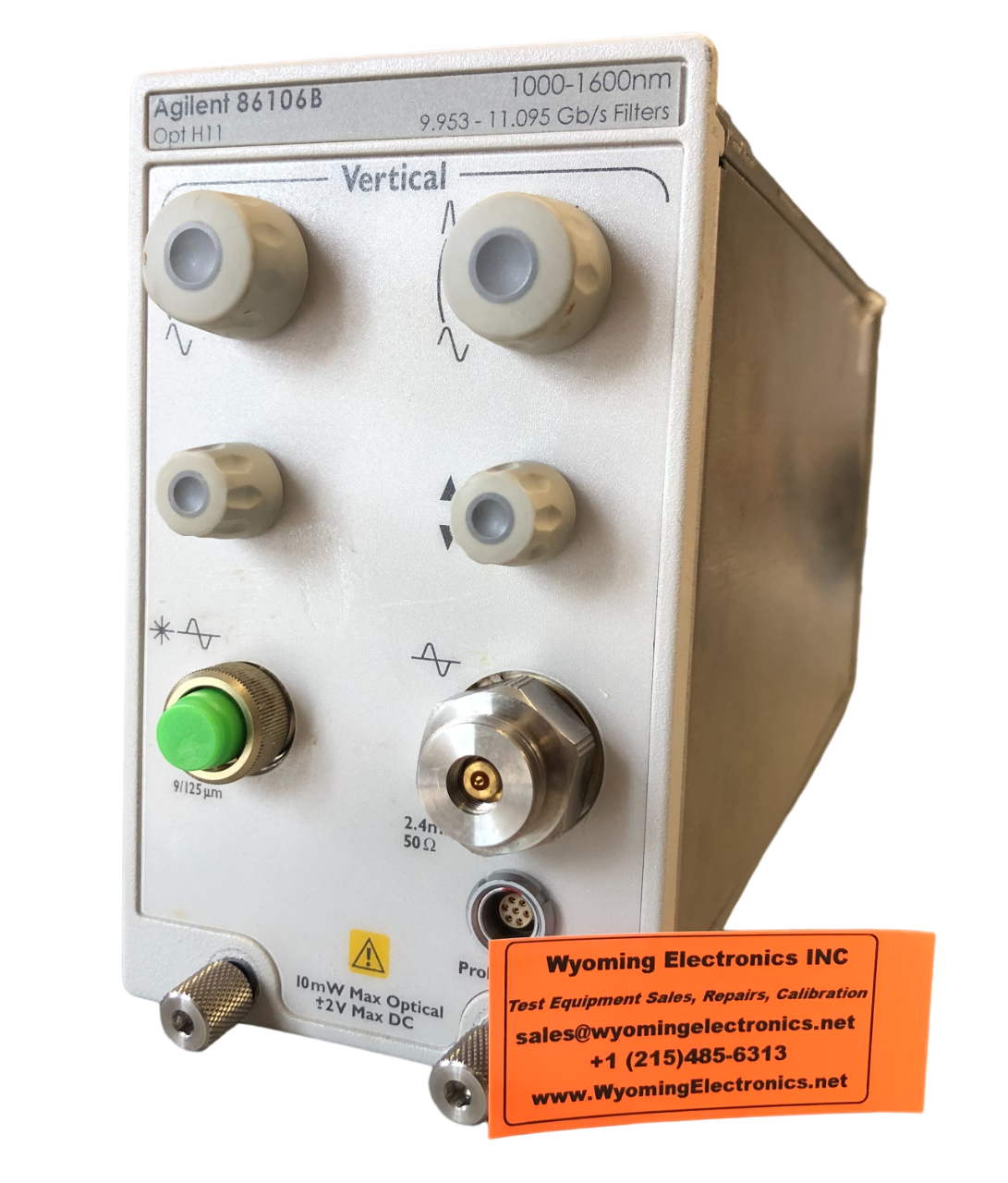 Plug-in
Plug-in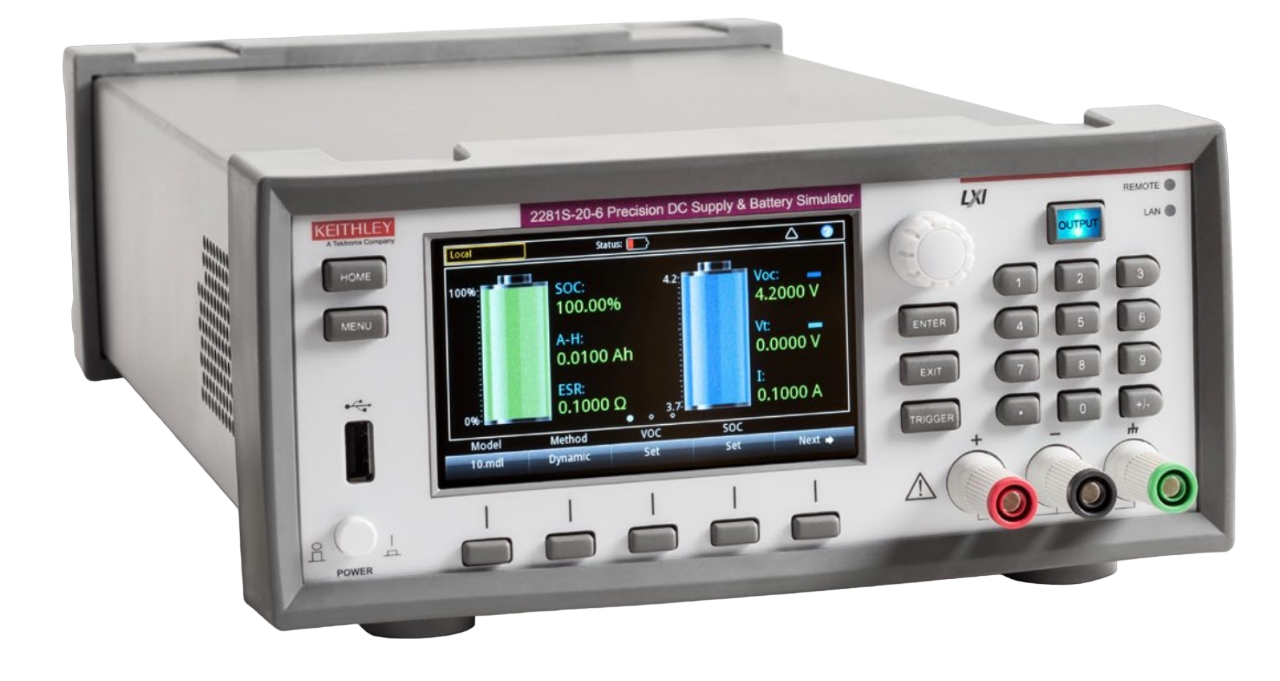 Simulator
Simulator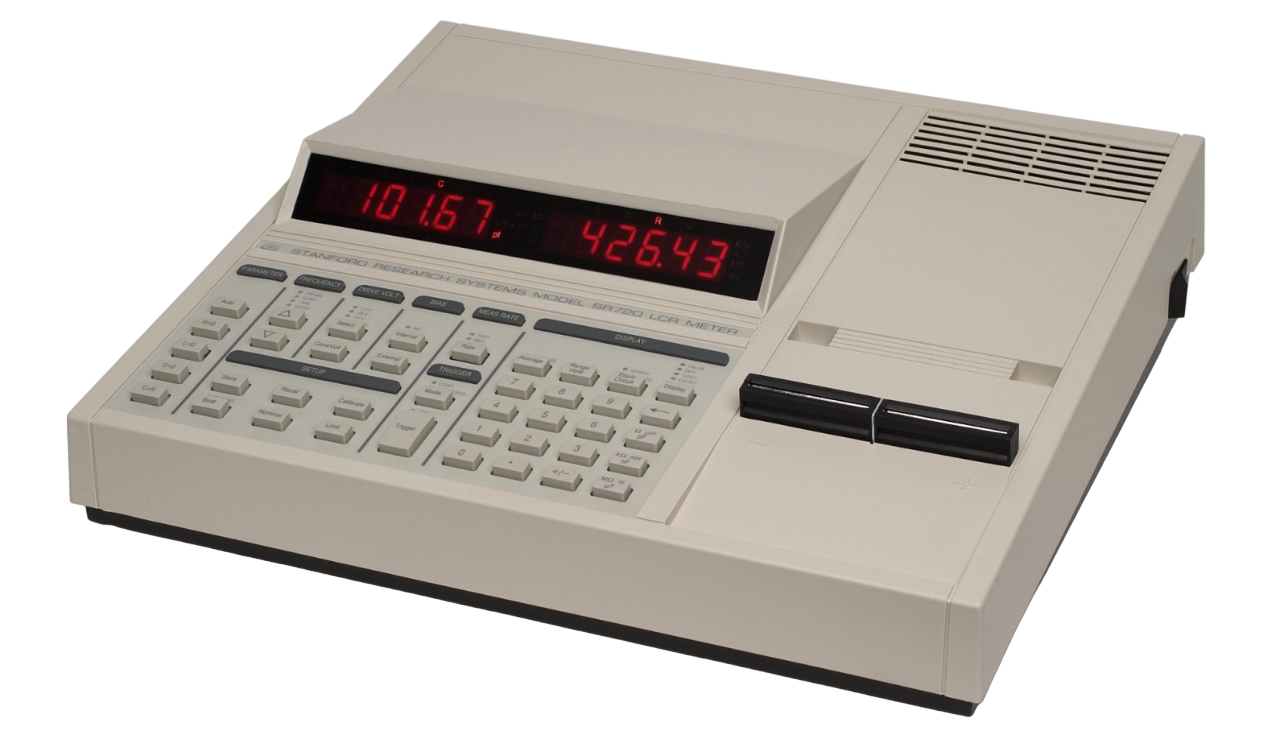 LCR Meters
LCR Meters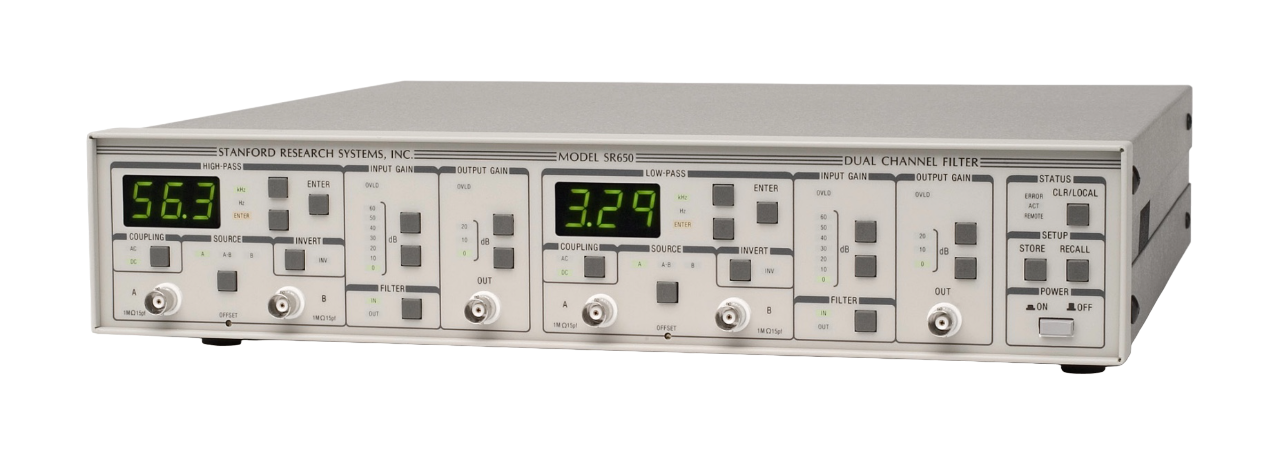 Filters
Filters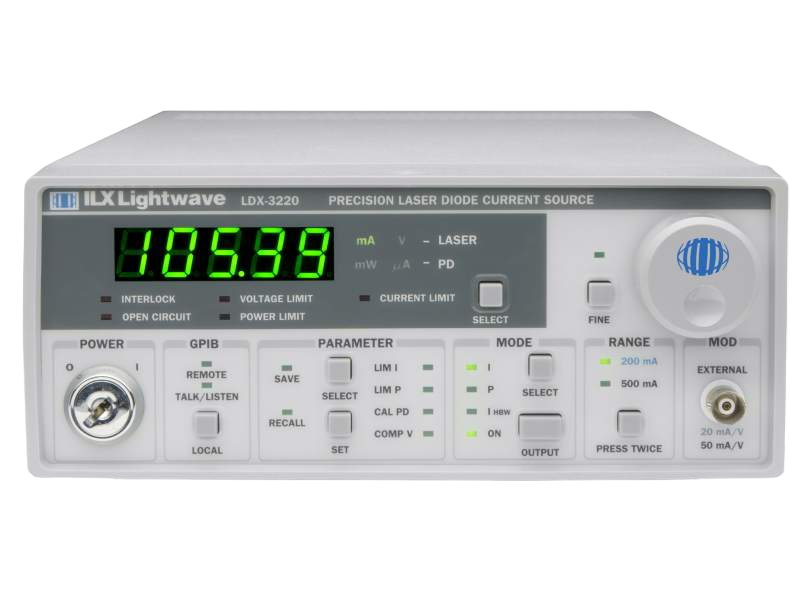 Laser Drivers
Laser Drivers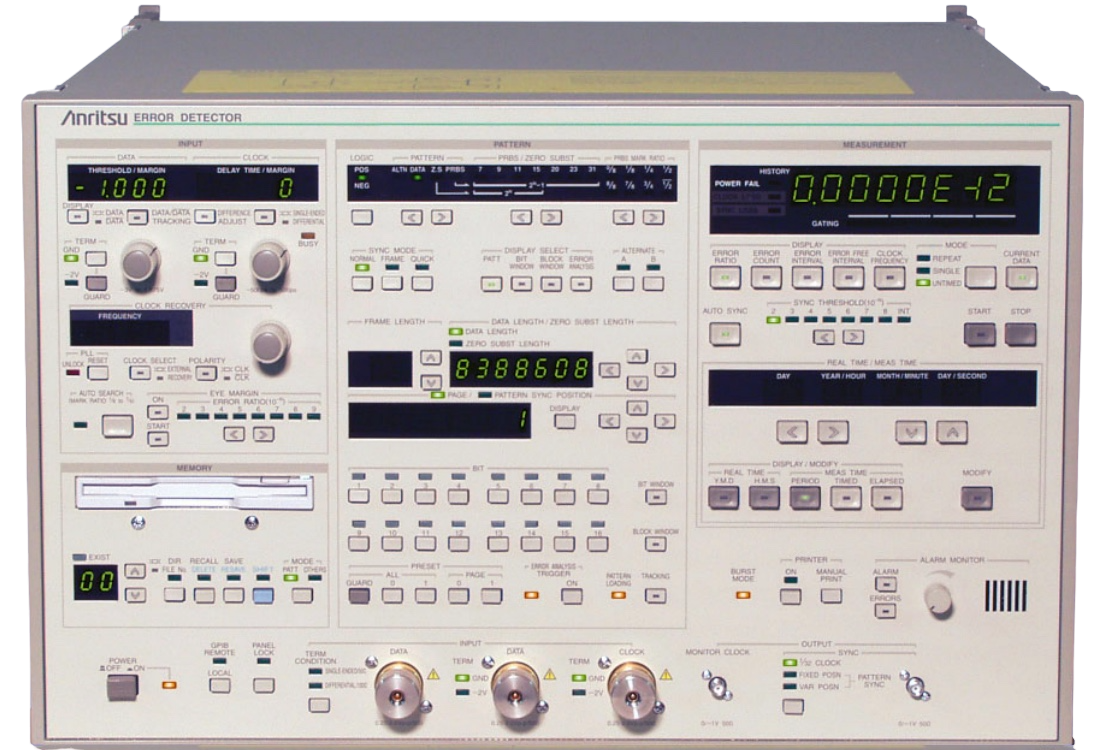 Error Detectors
Error Detectors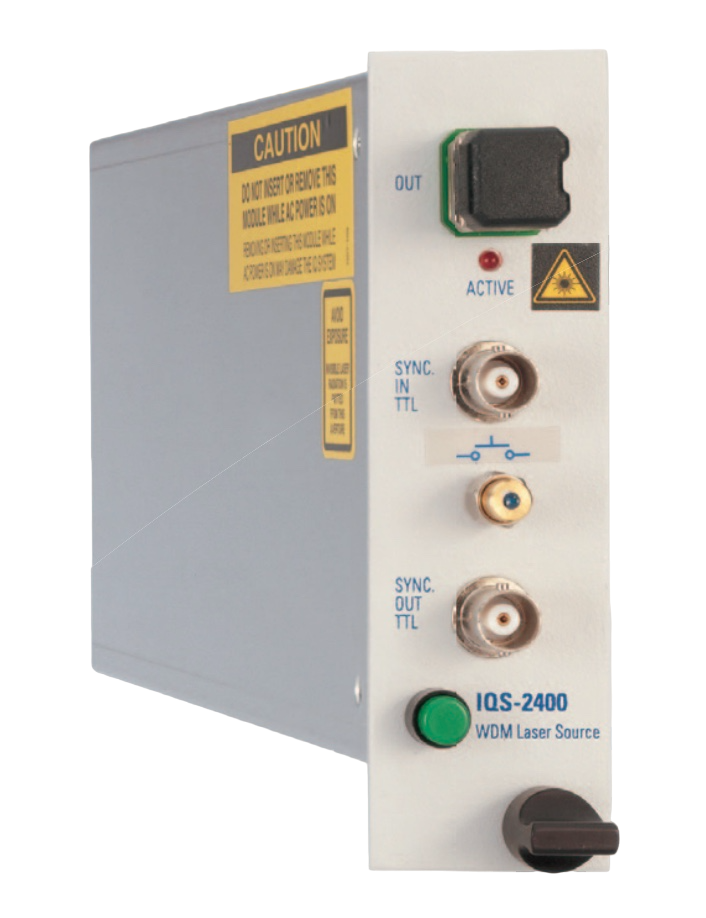 Laser Source
Laser Source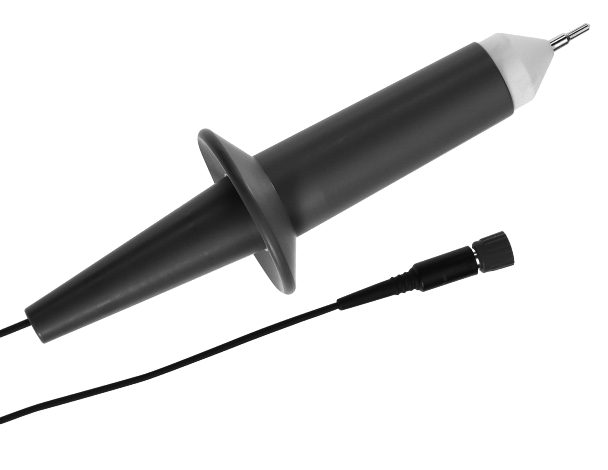 Probe
Probe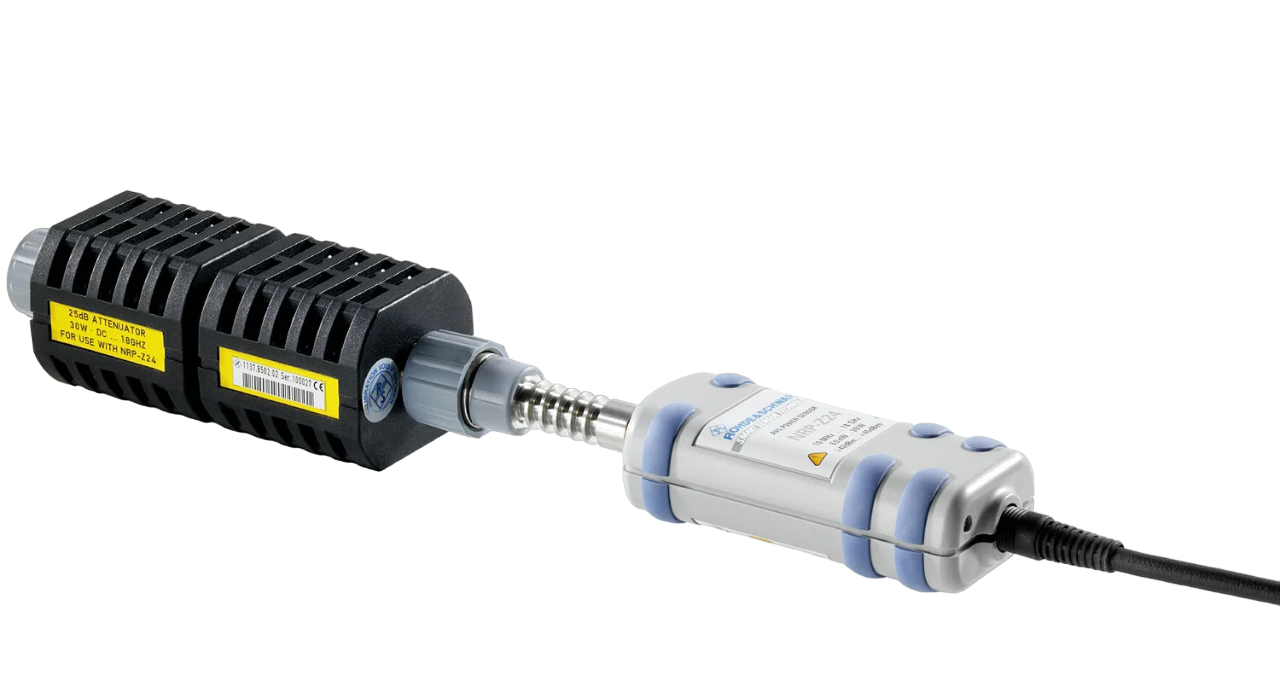 Power Sensor
Power Sensor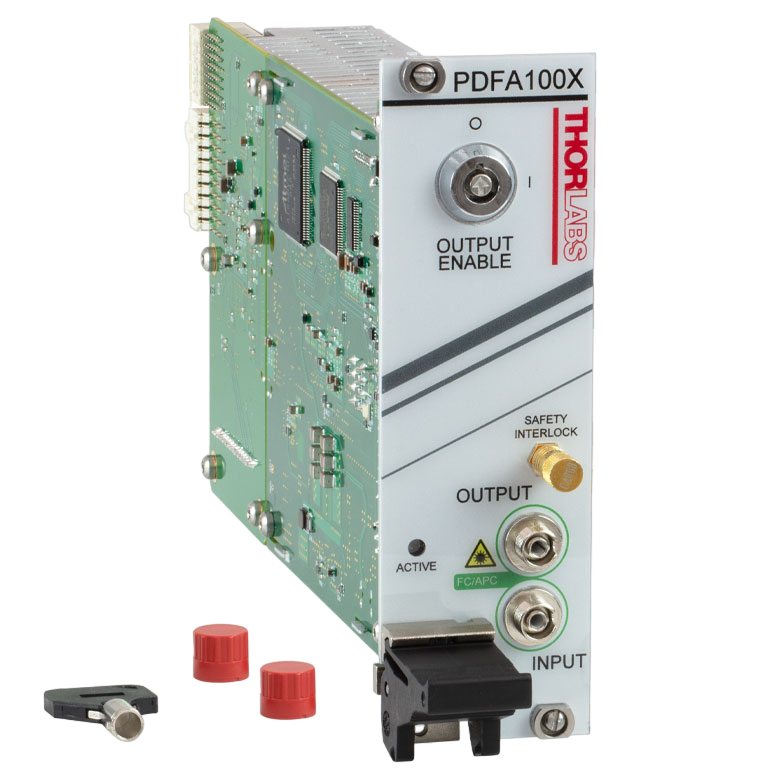 Amplifier
Amplifier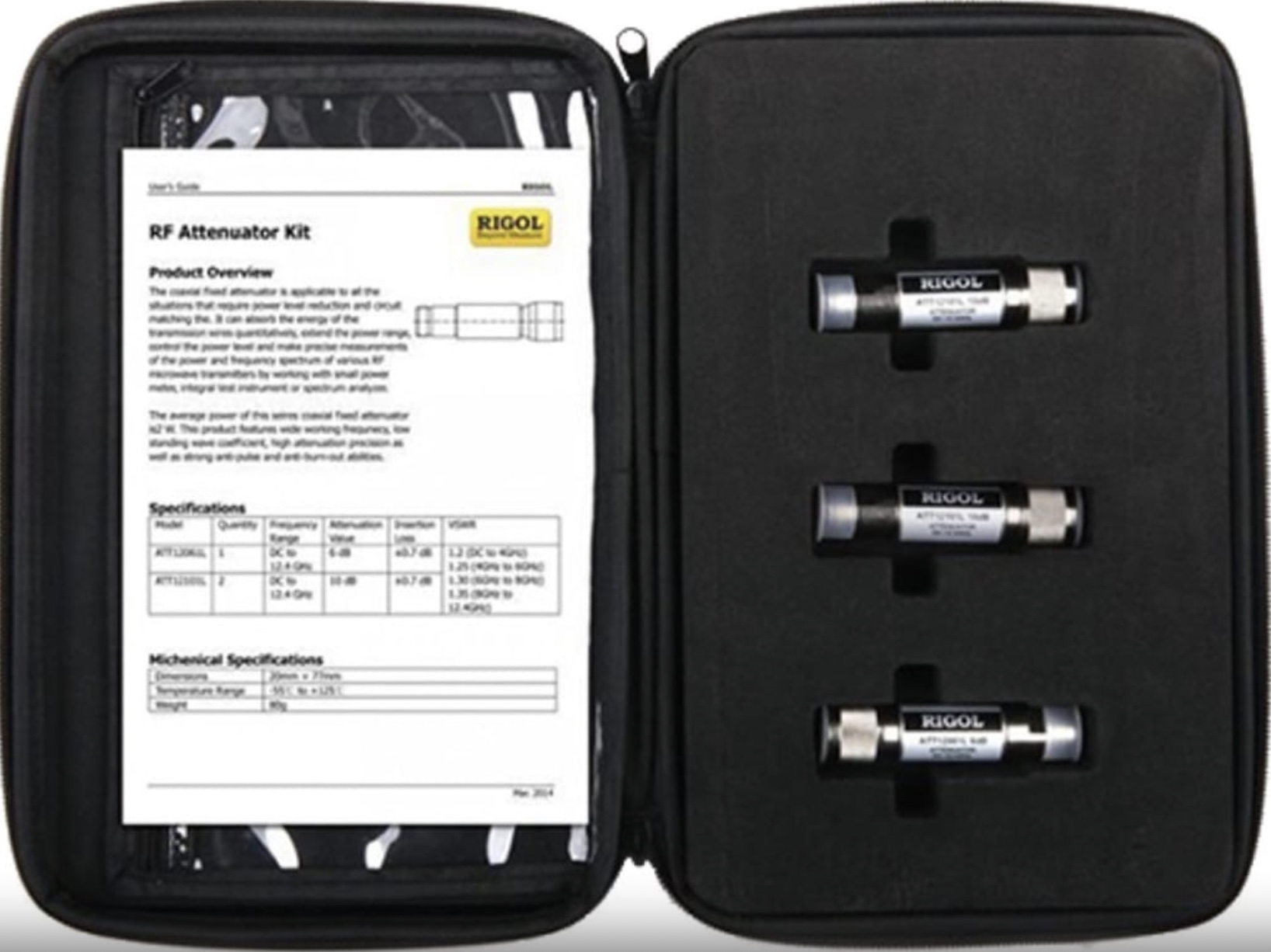 Attenuator
Attenuator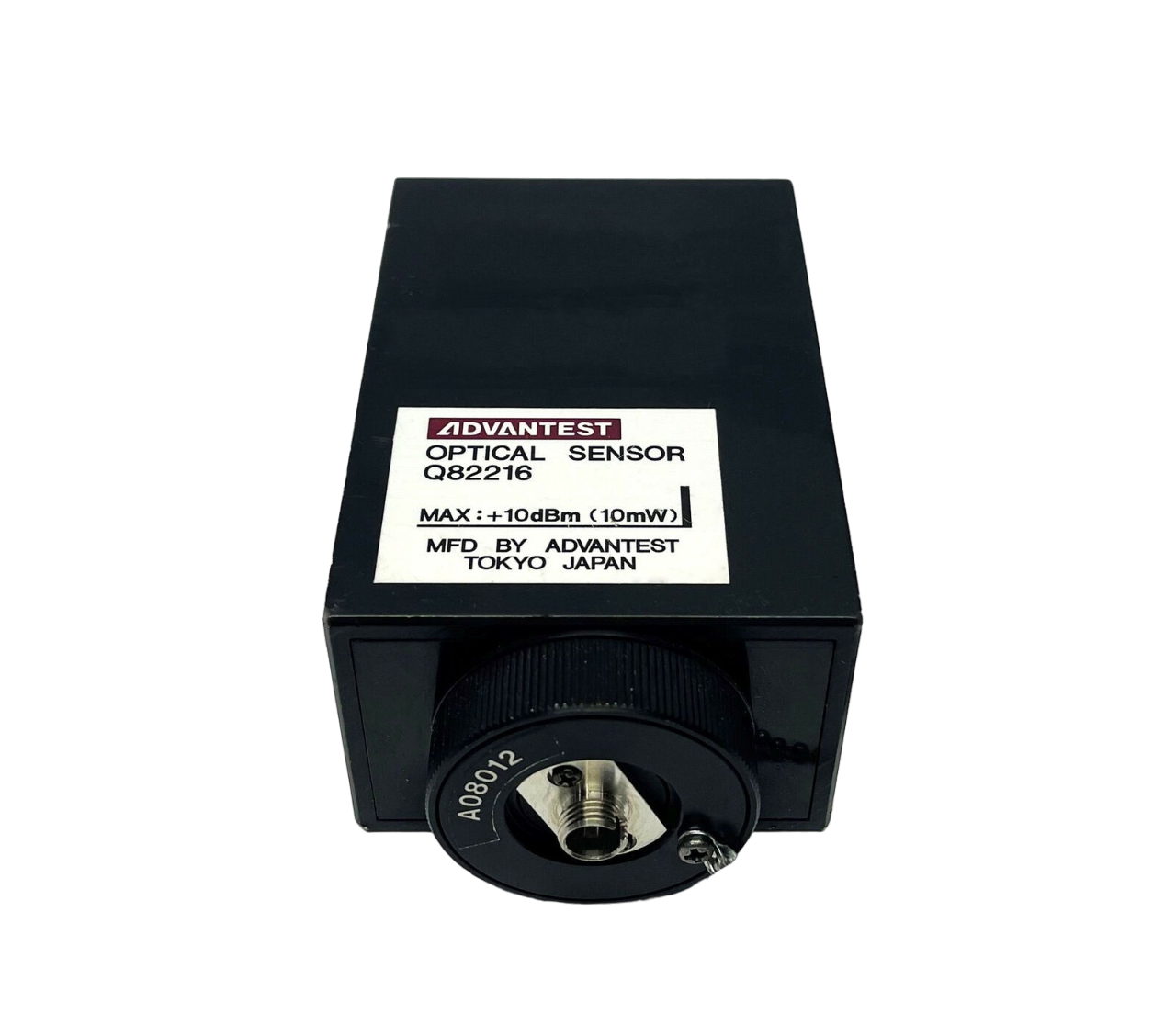 Optical Sensor
Optical Sensor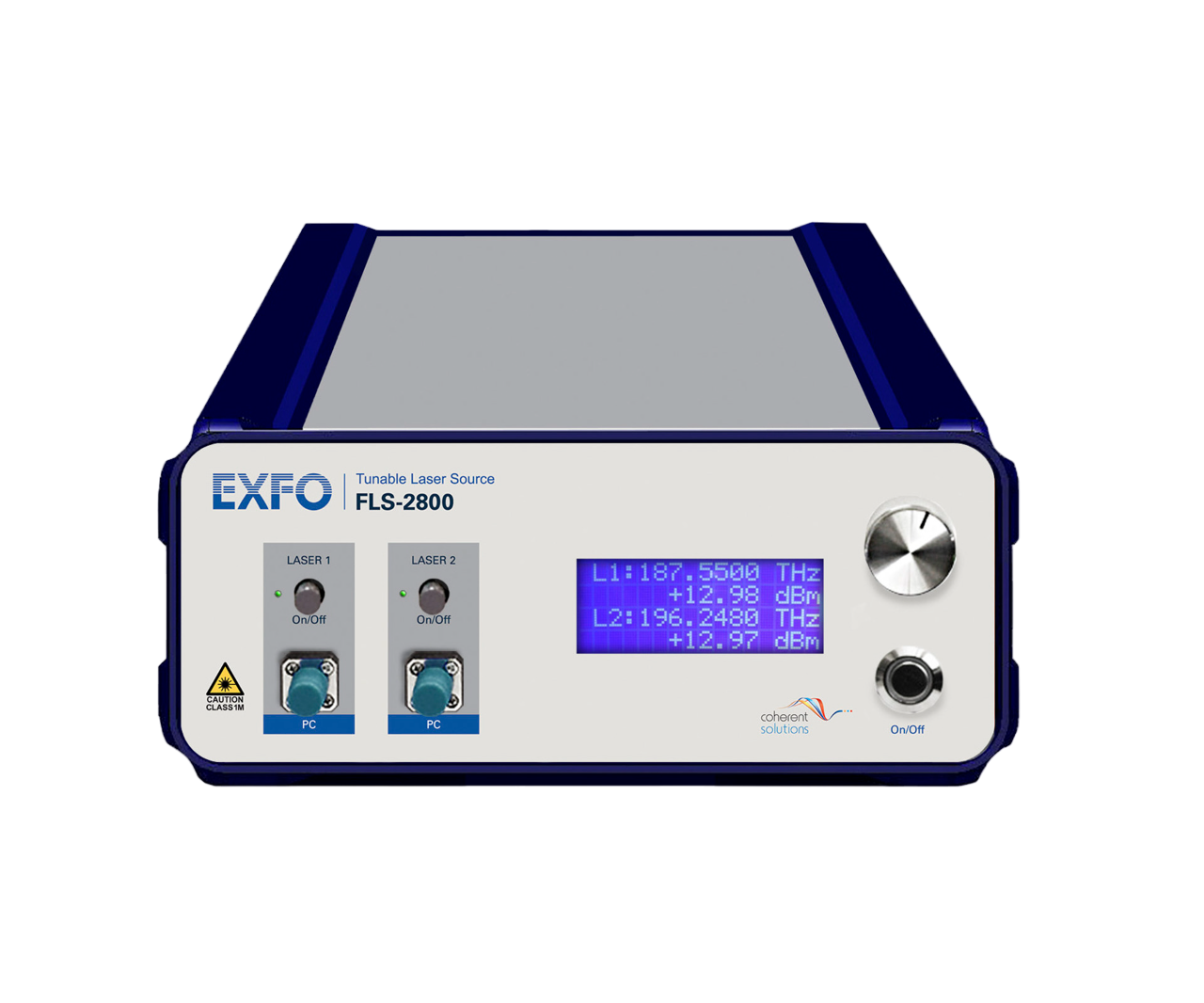 Light/LED Source
Light/LED Source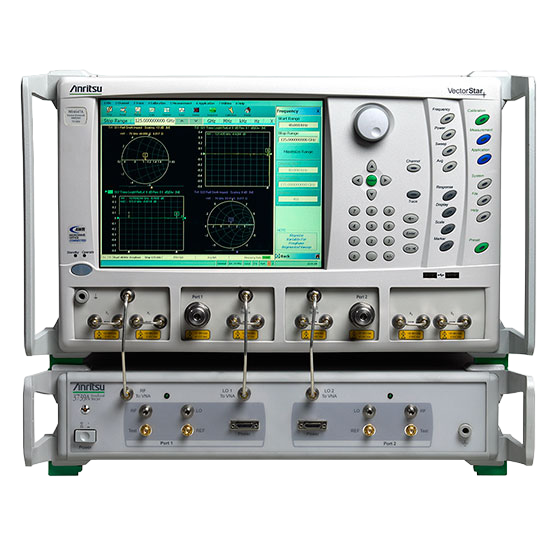 Broadband / Noise Source
Broadband / Noise Source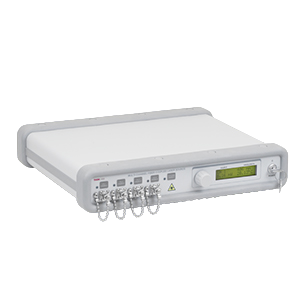 Optical / Fiber Source
Optical / Fiber Source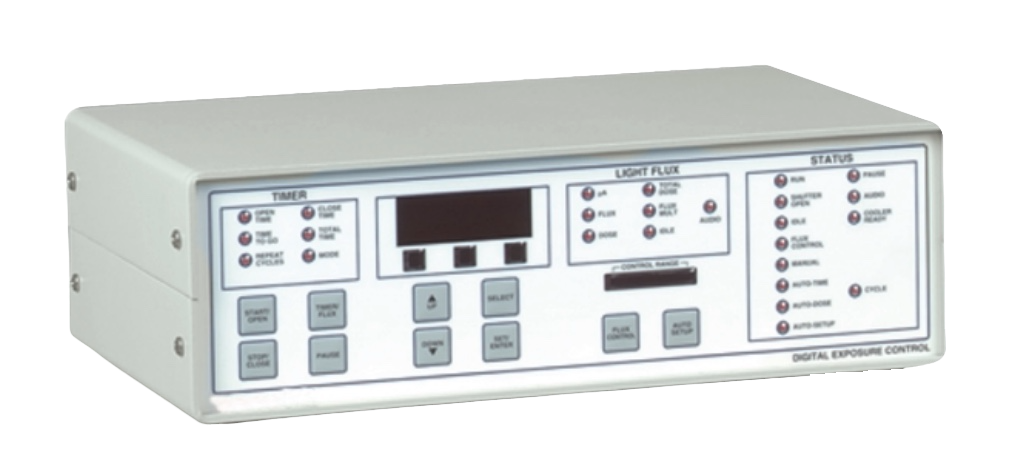 Power Supply
Power Supply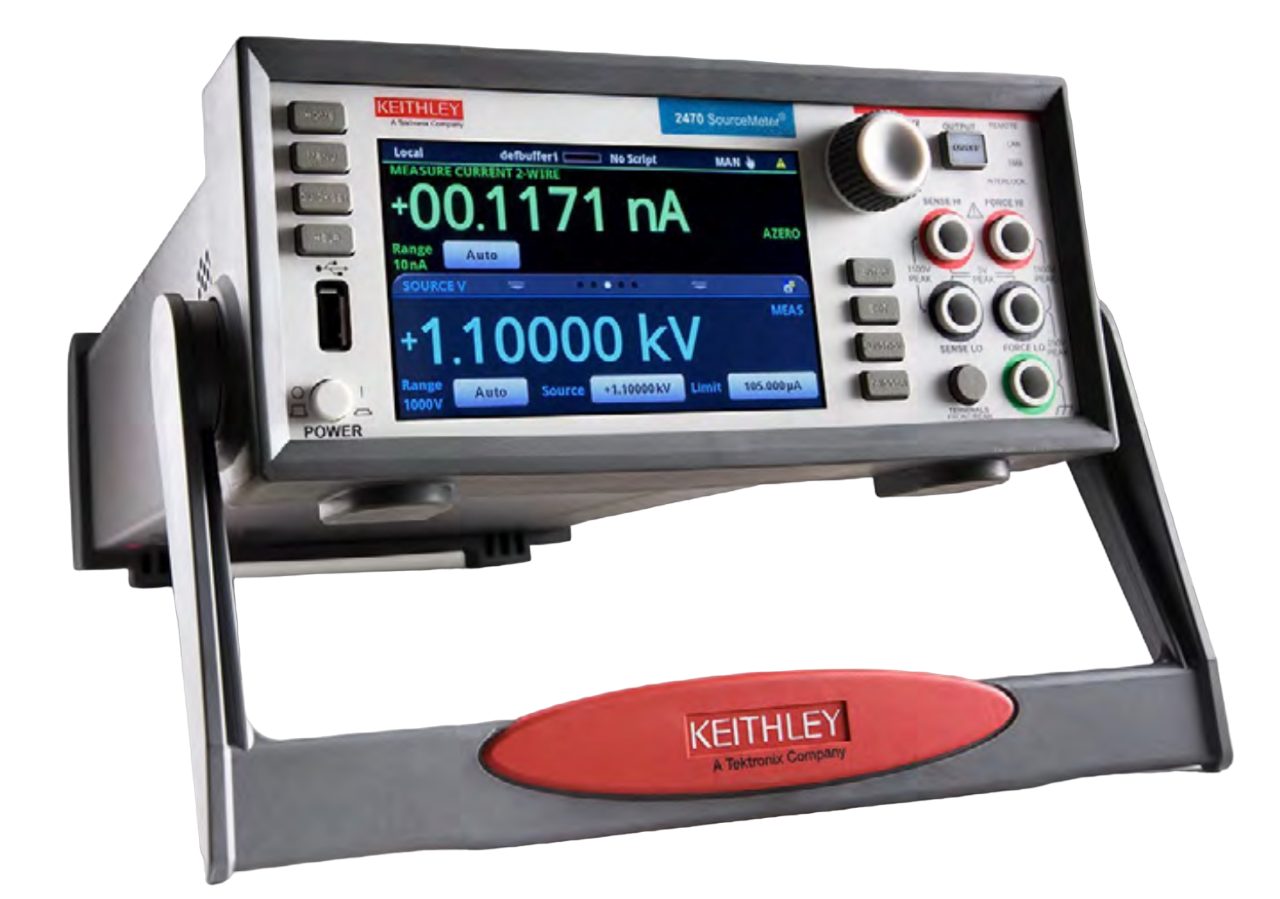 Voltage Source
Voltage Source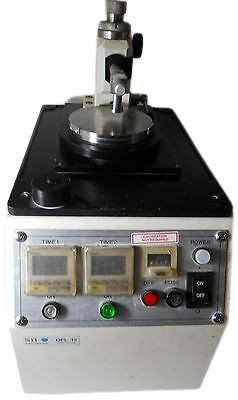 Polisher
Polisher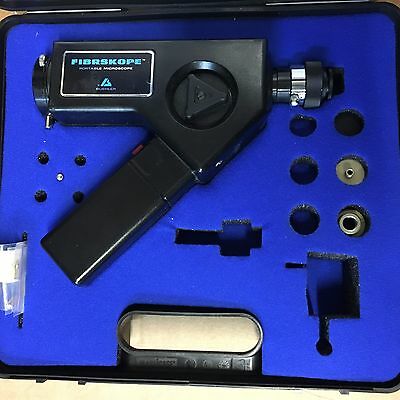 Microscope
Microscope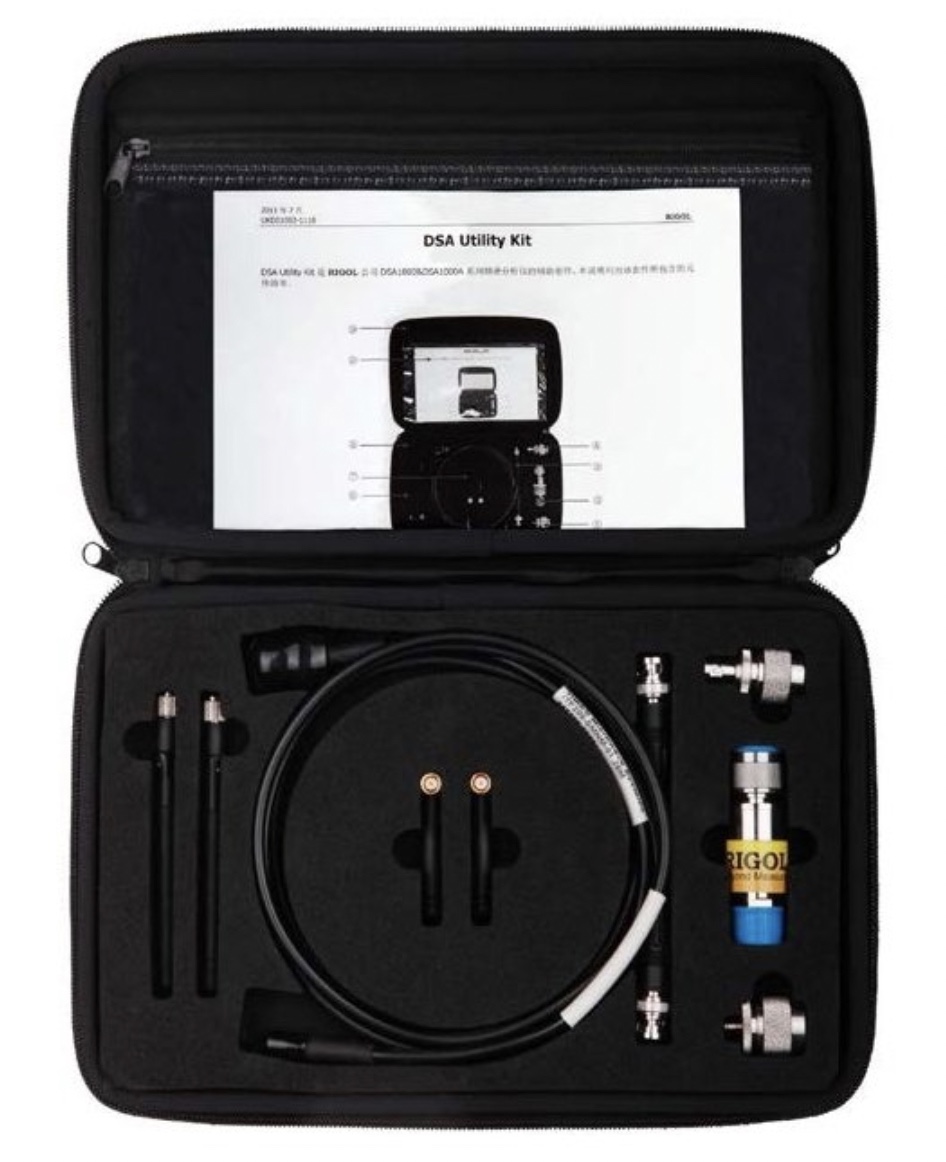 Adapter
Adapter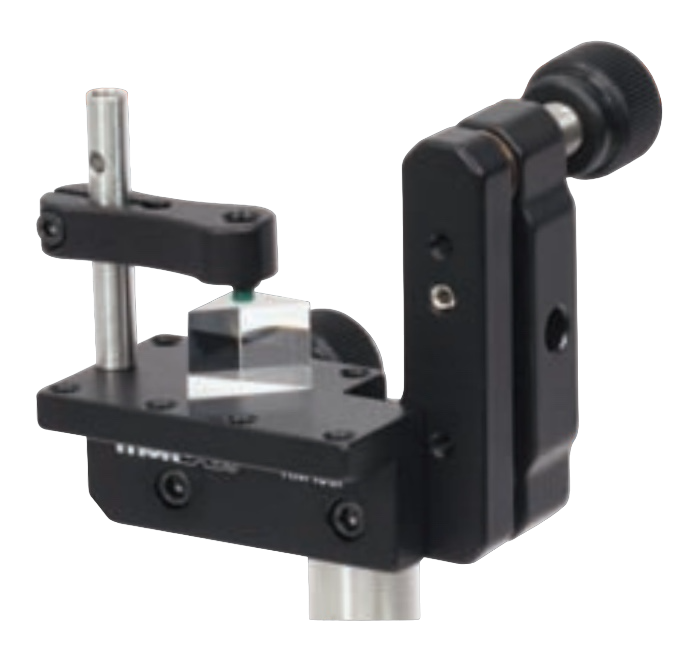 Platforms/Mounts
Platforms/Mounts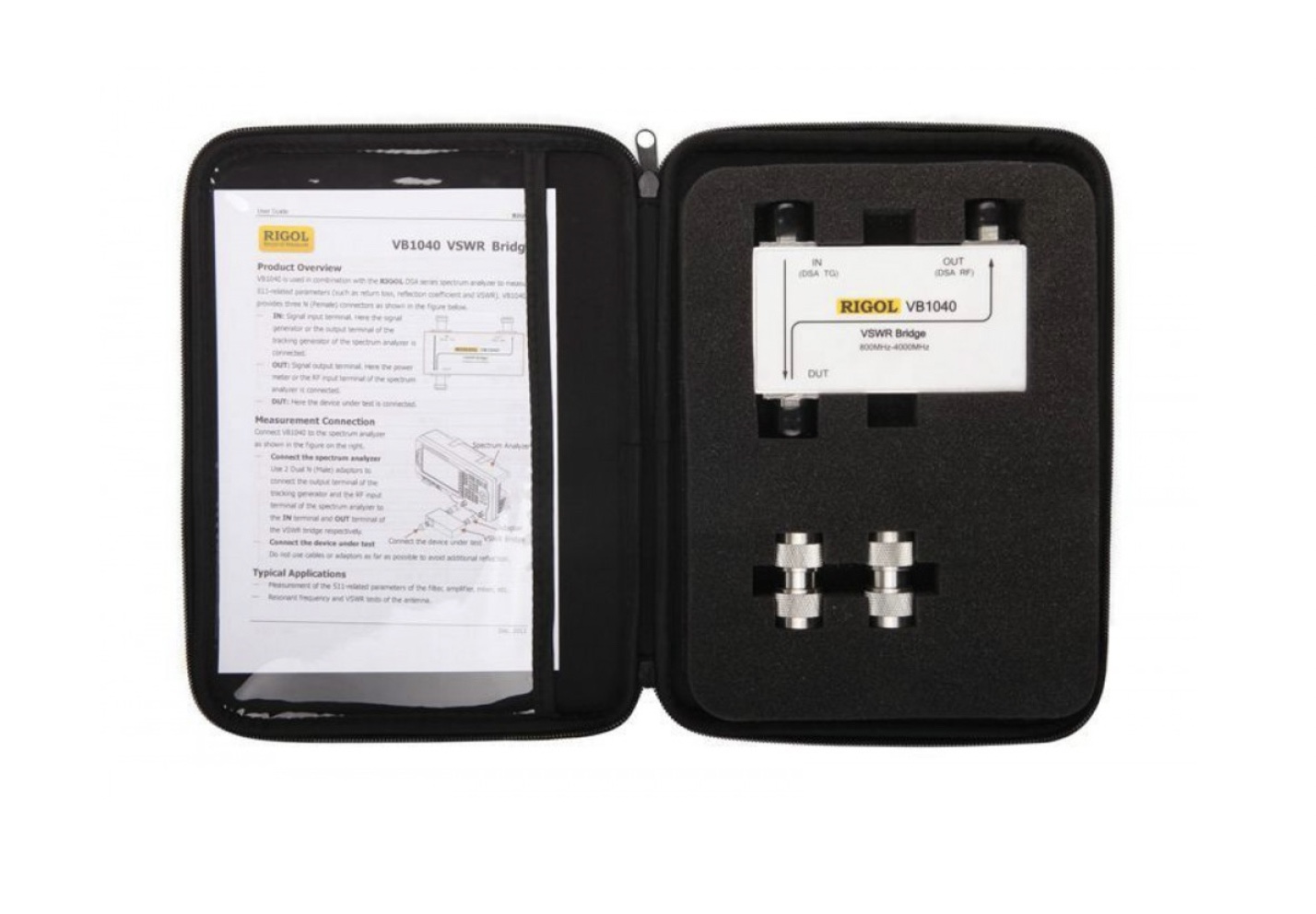 Bridges
Bridges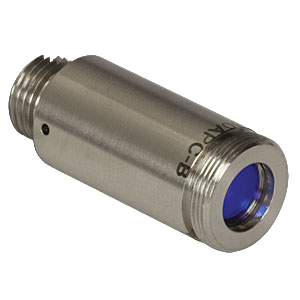 Connectors & Accessories
Connectors & Accessories
























